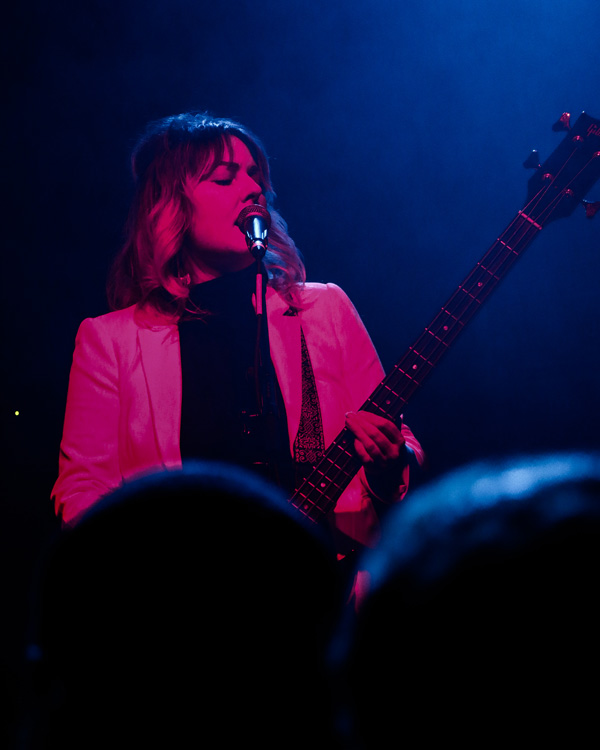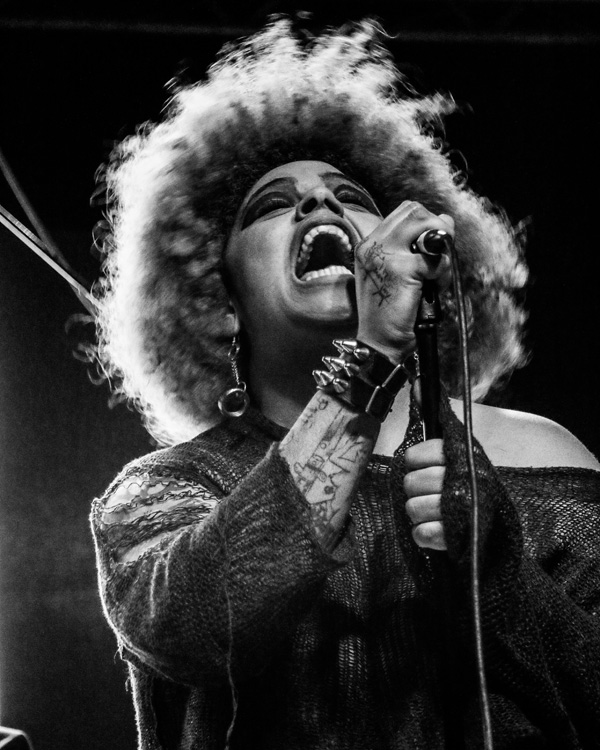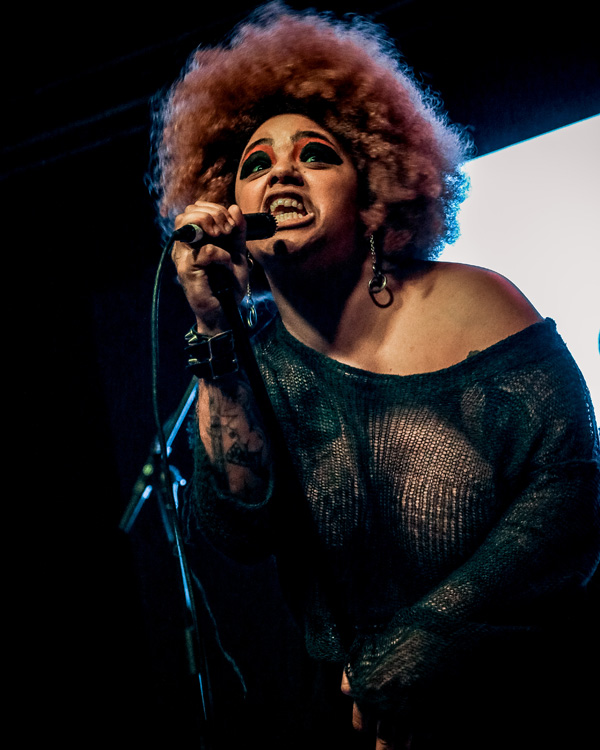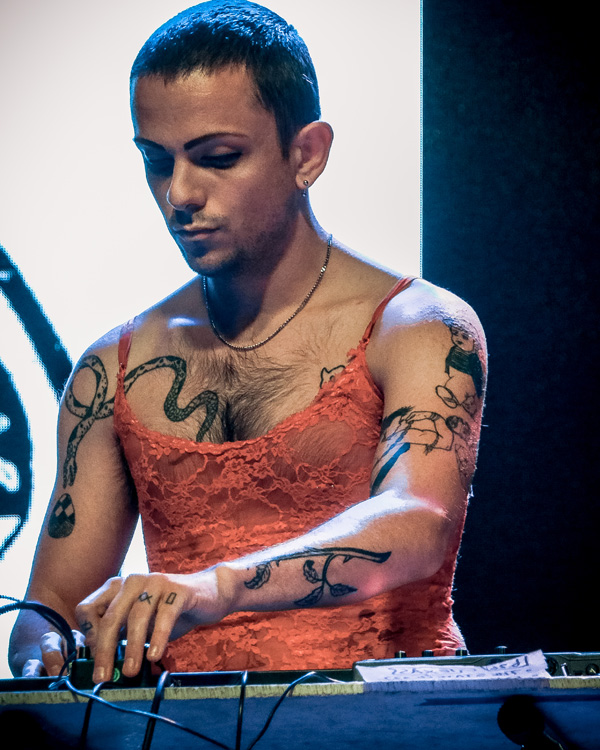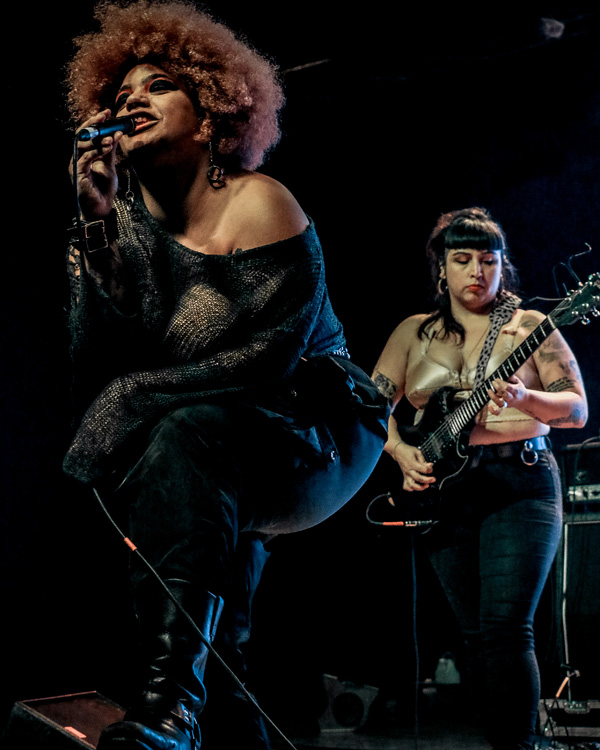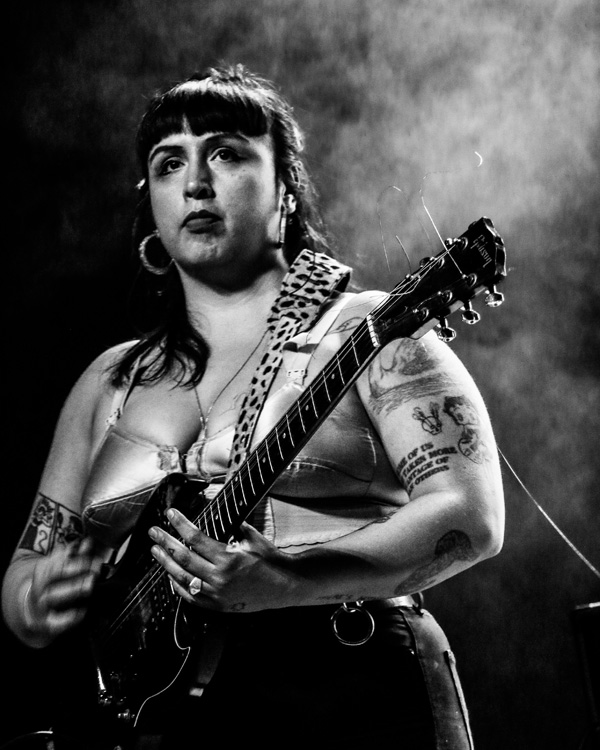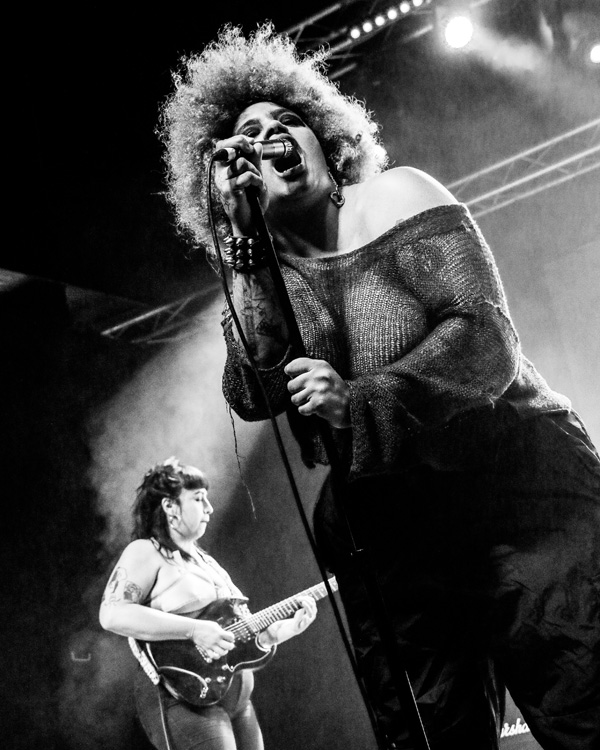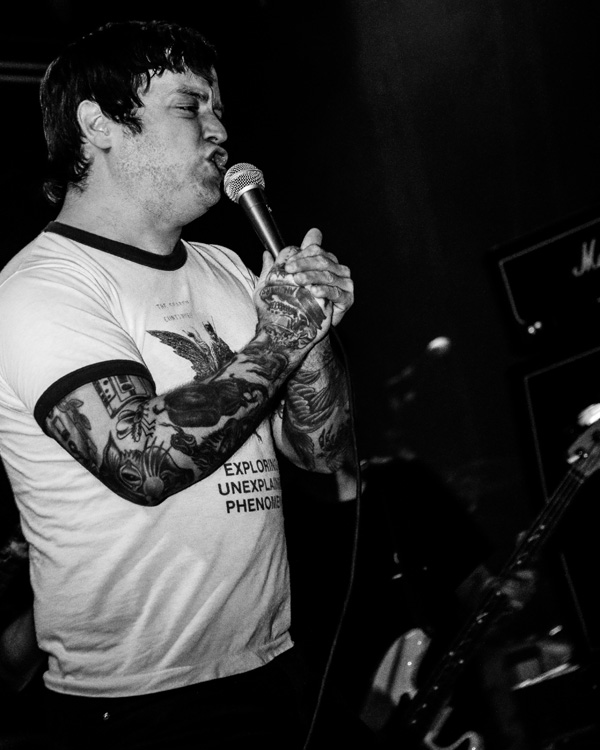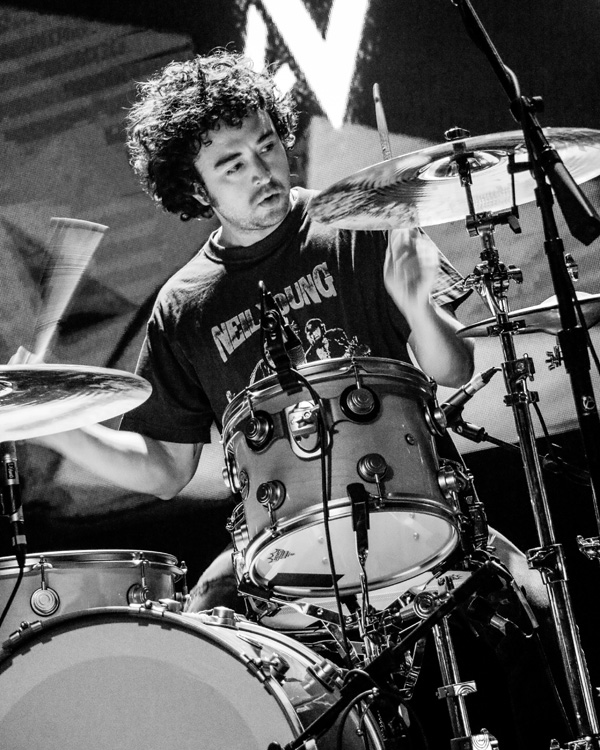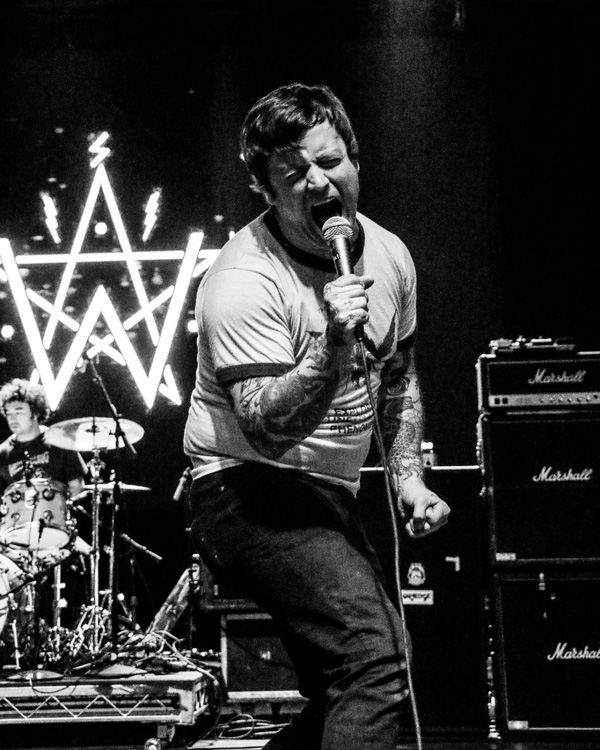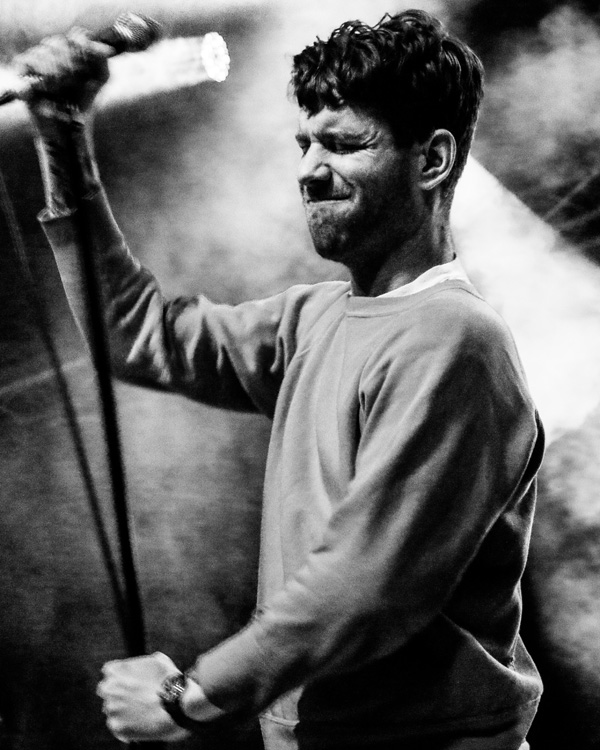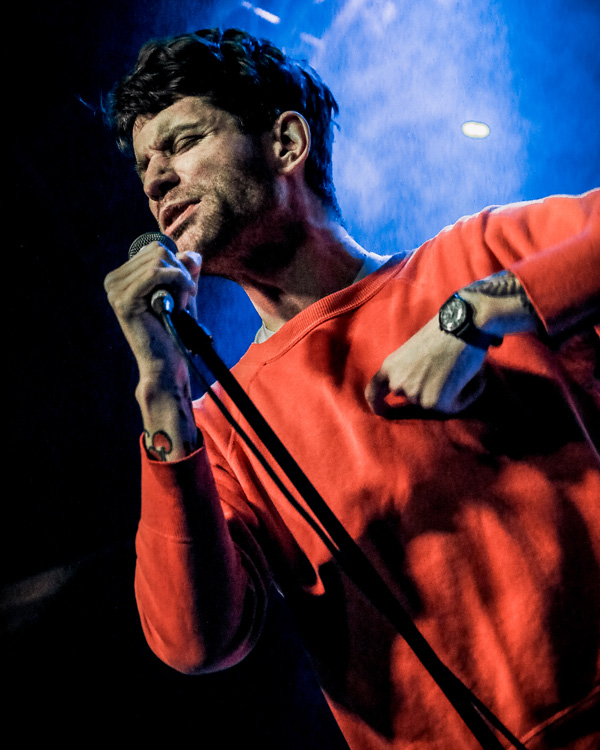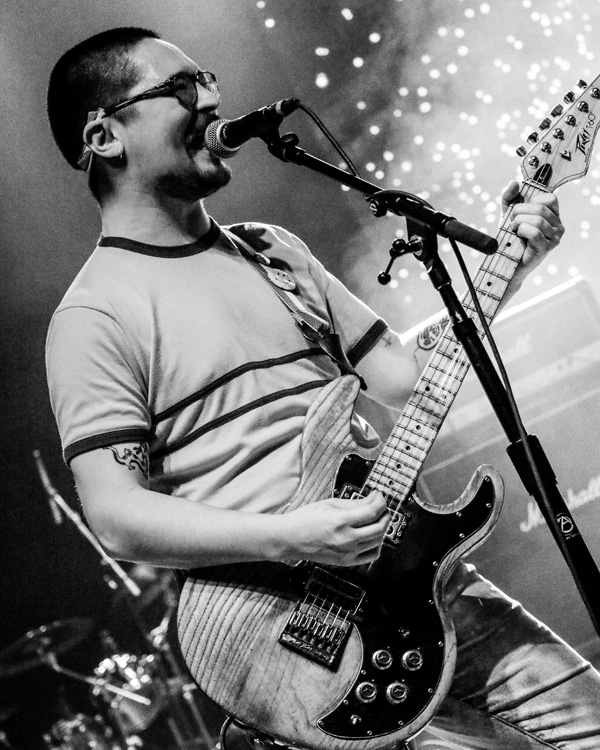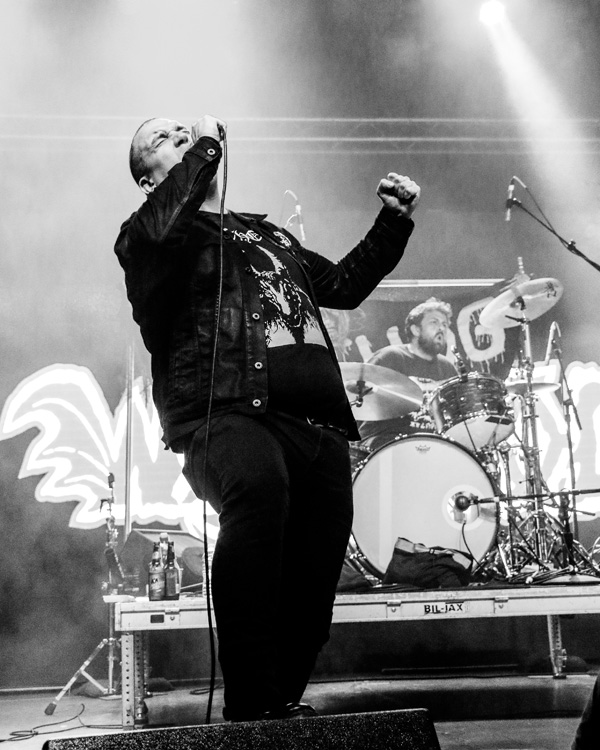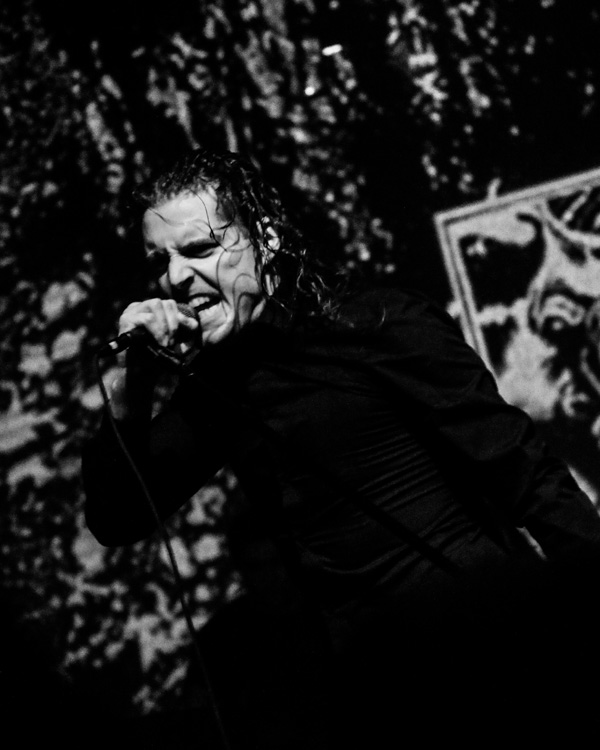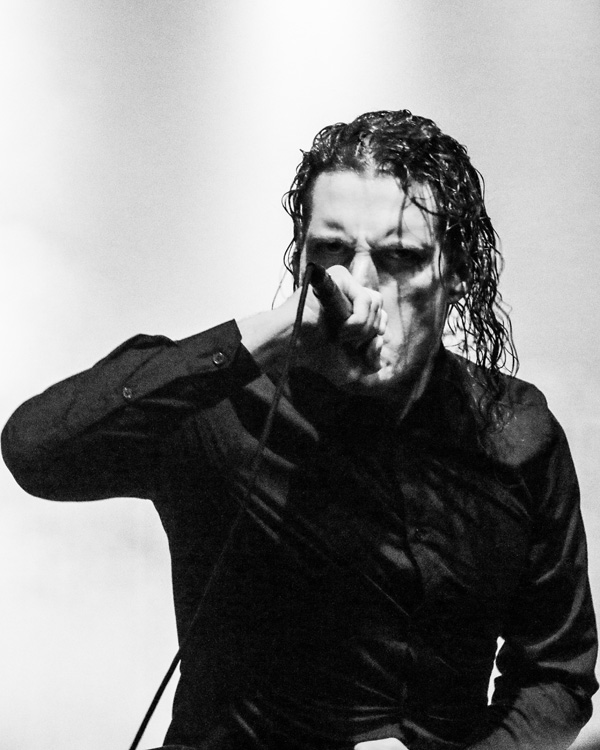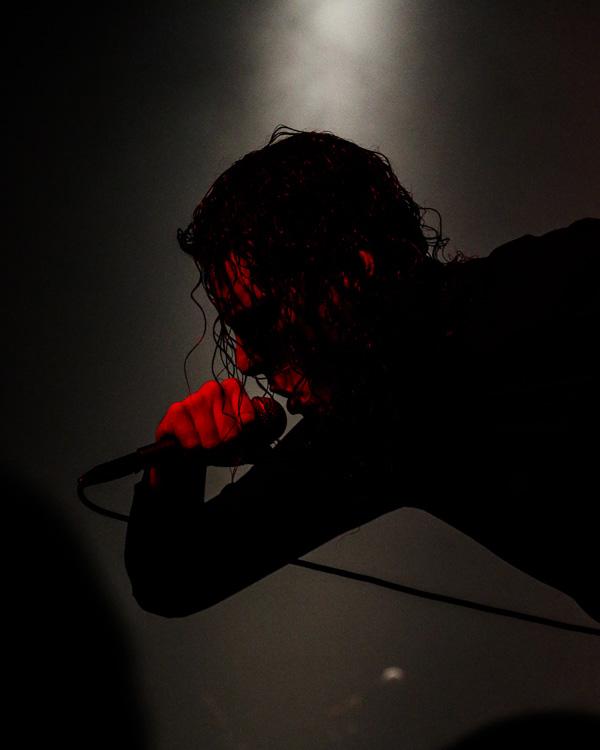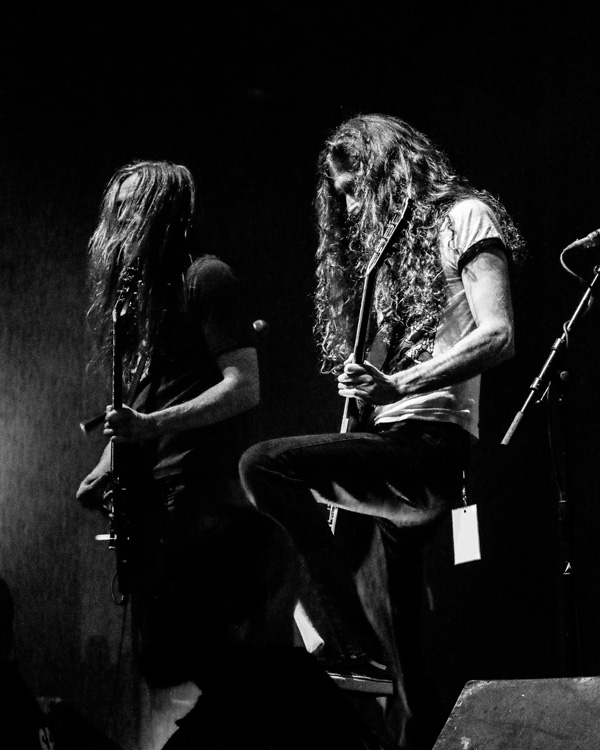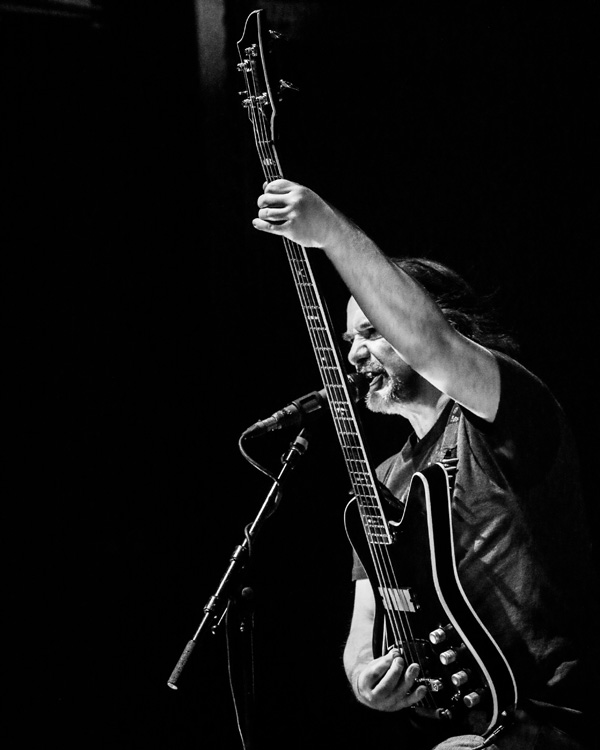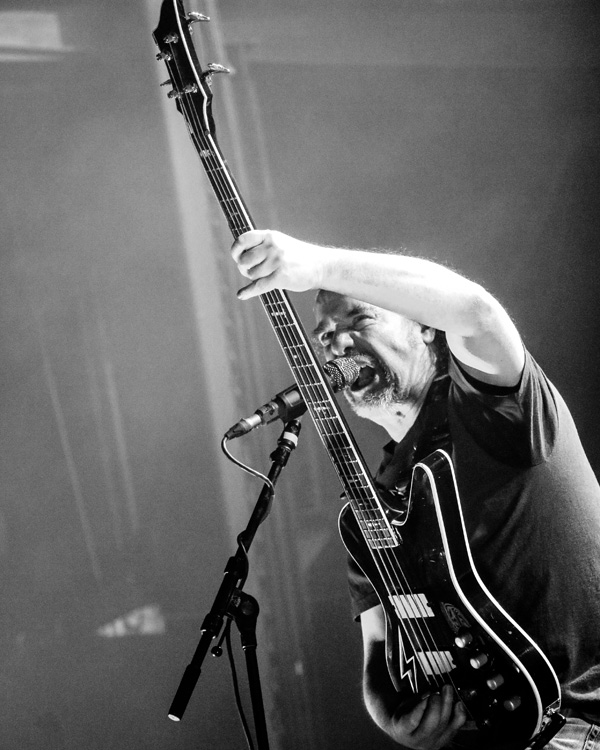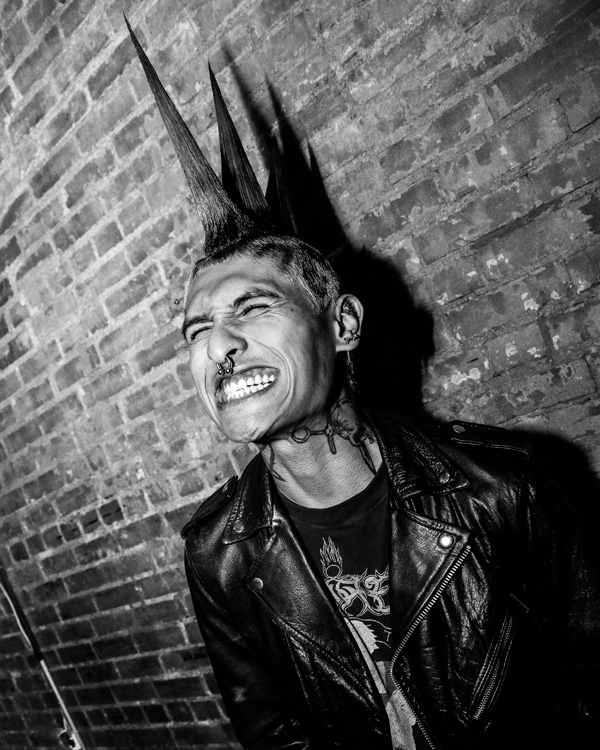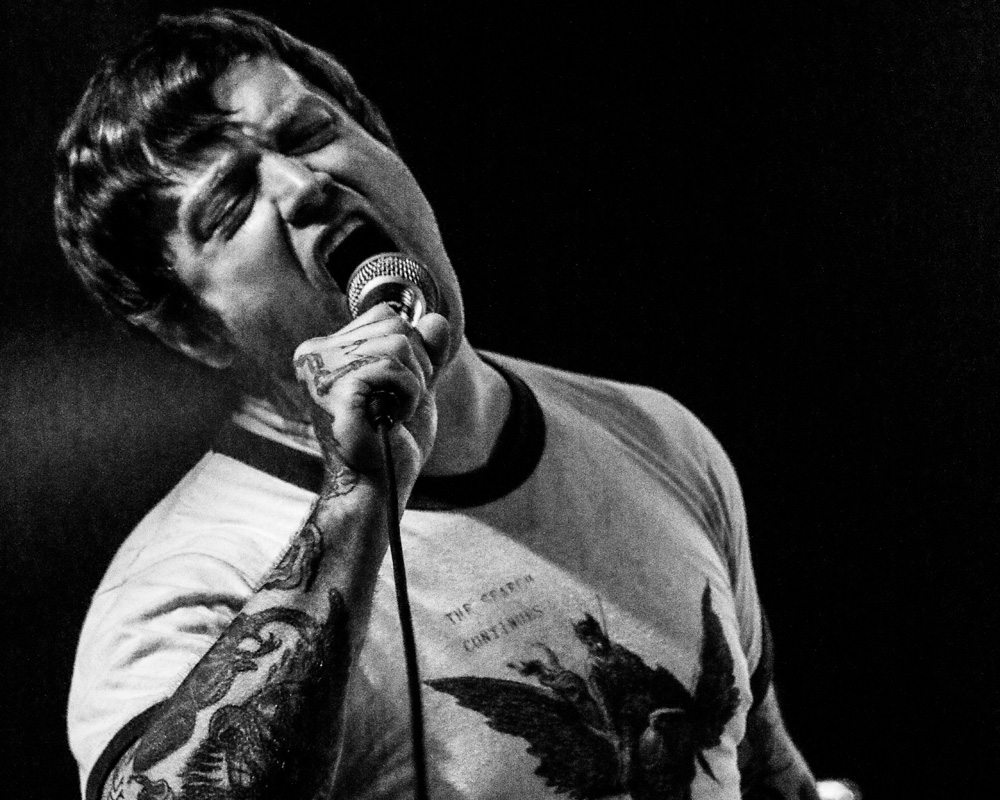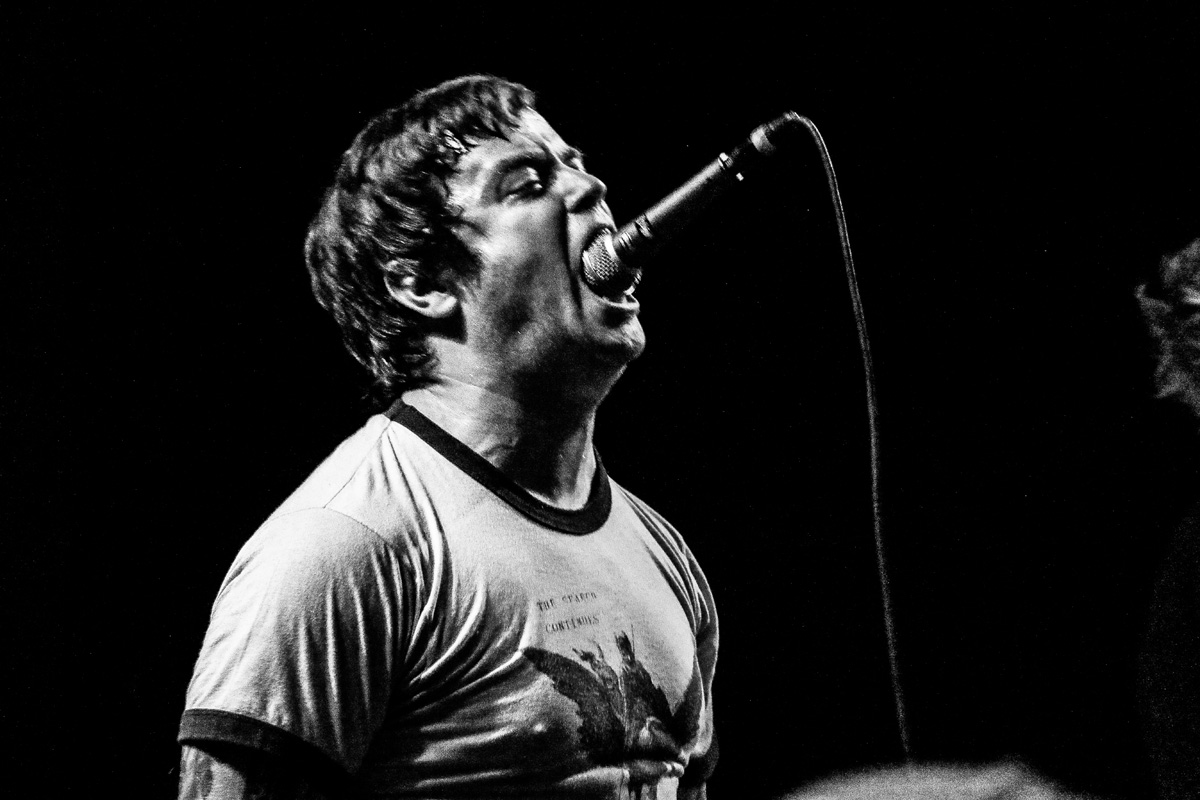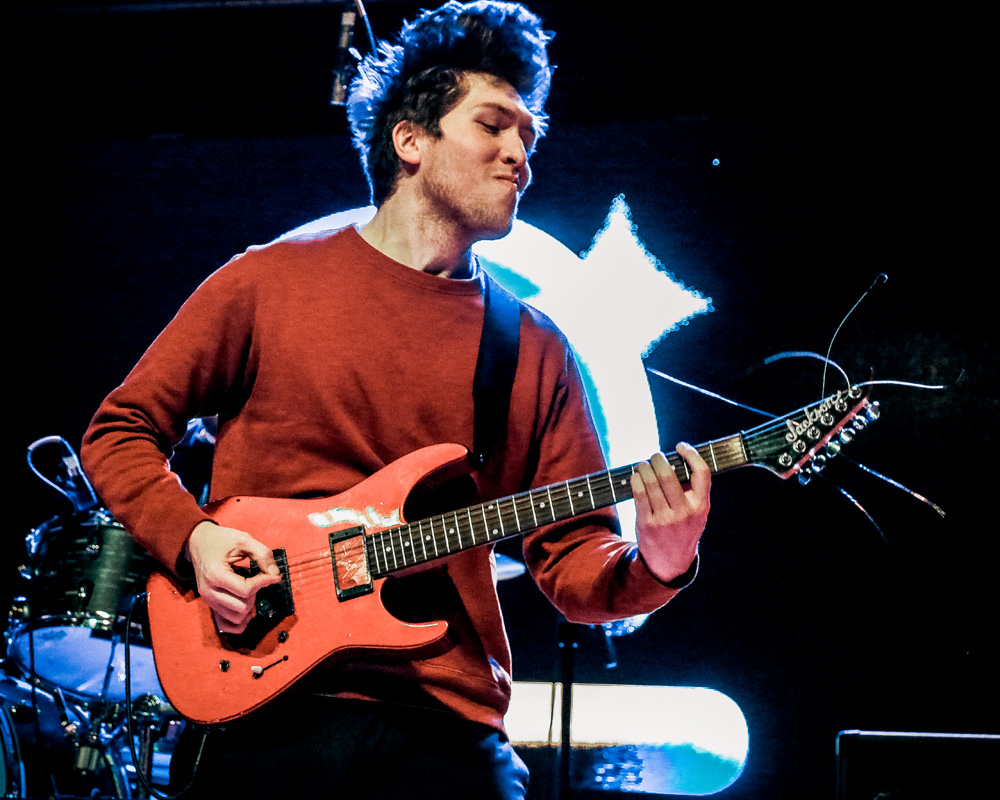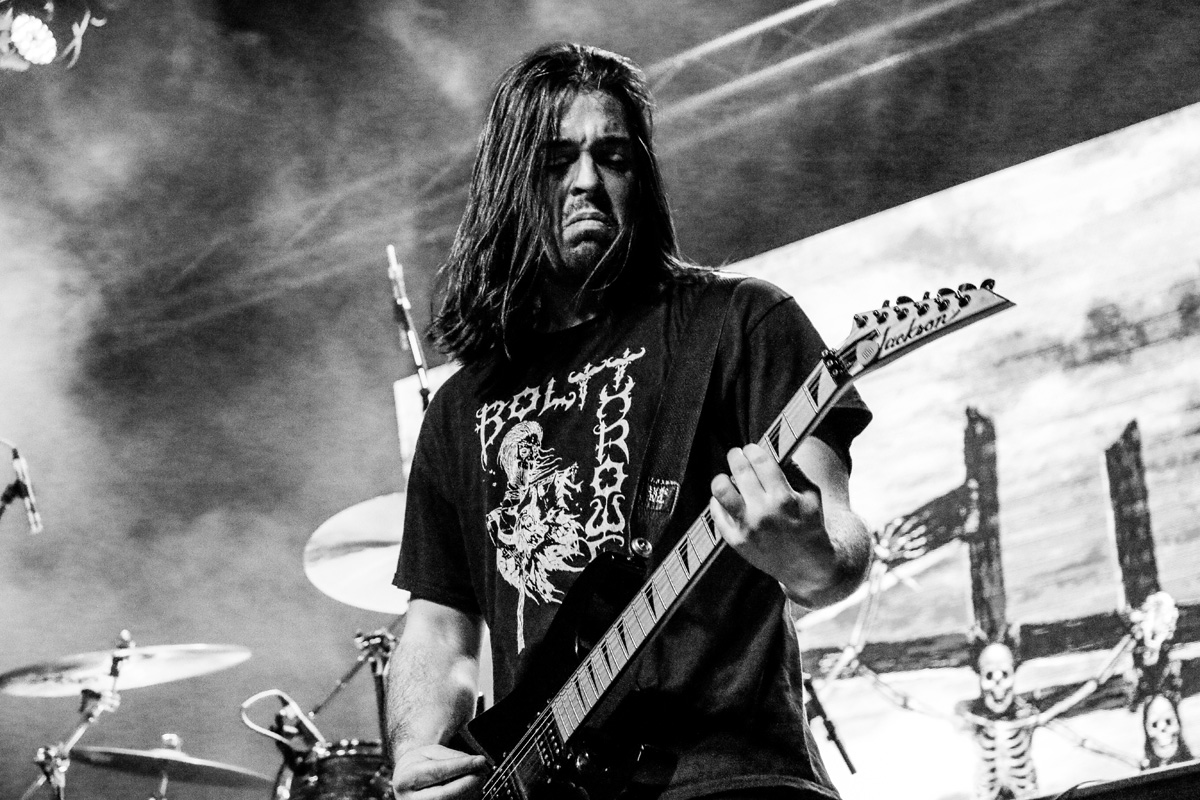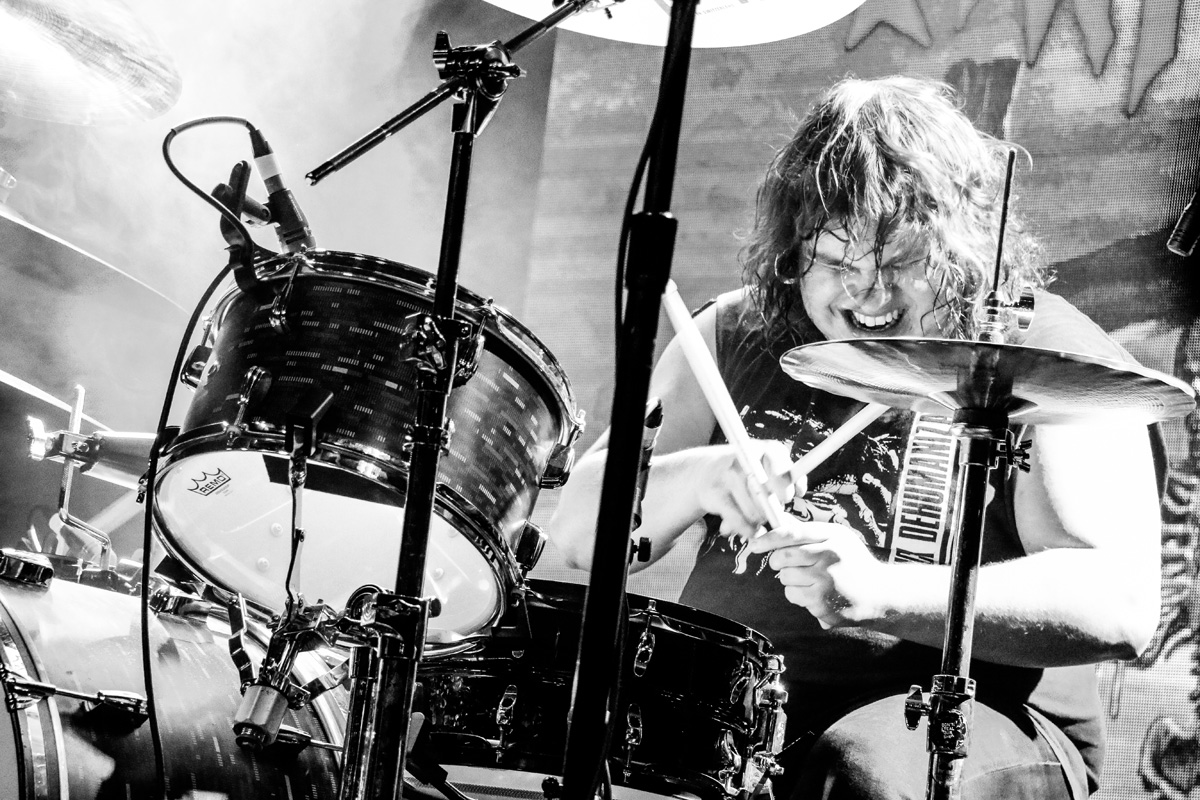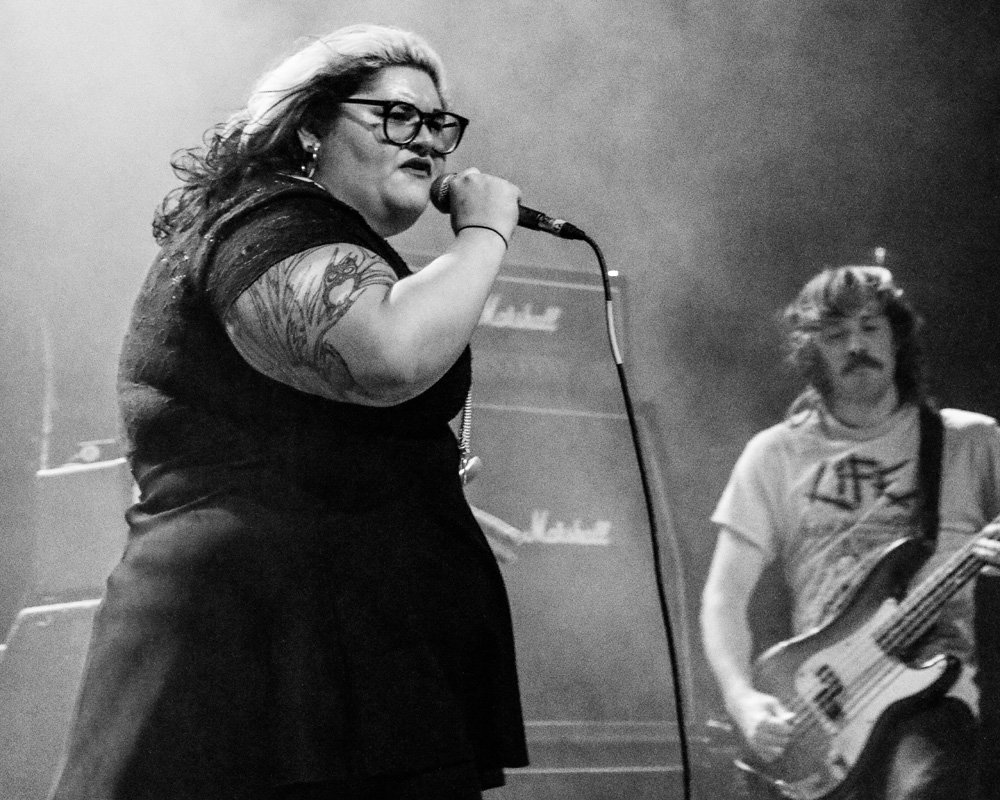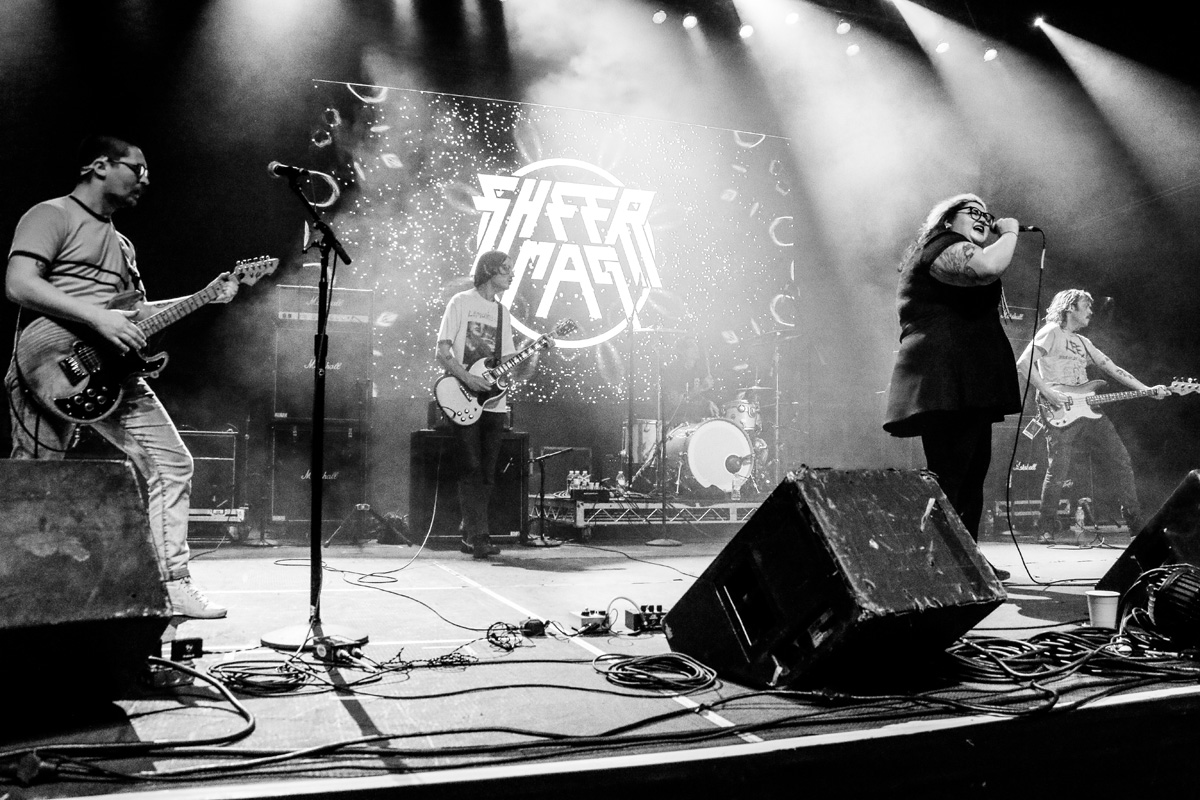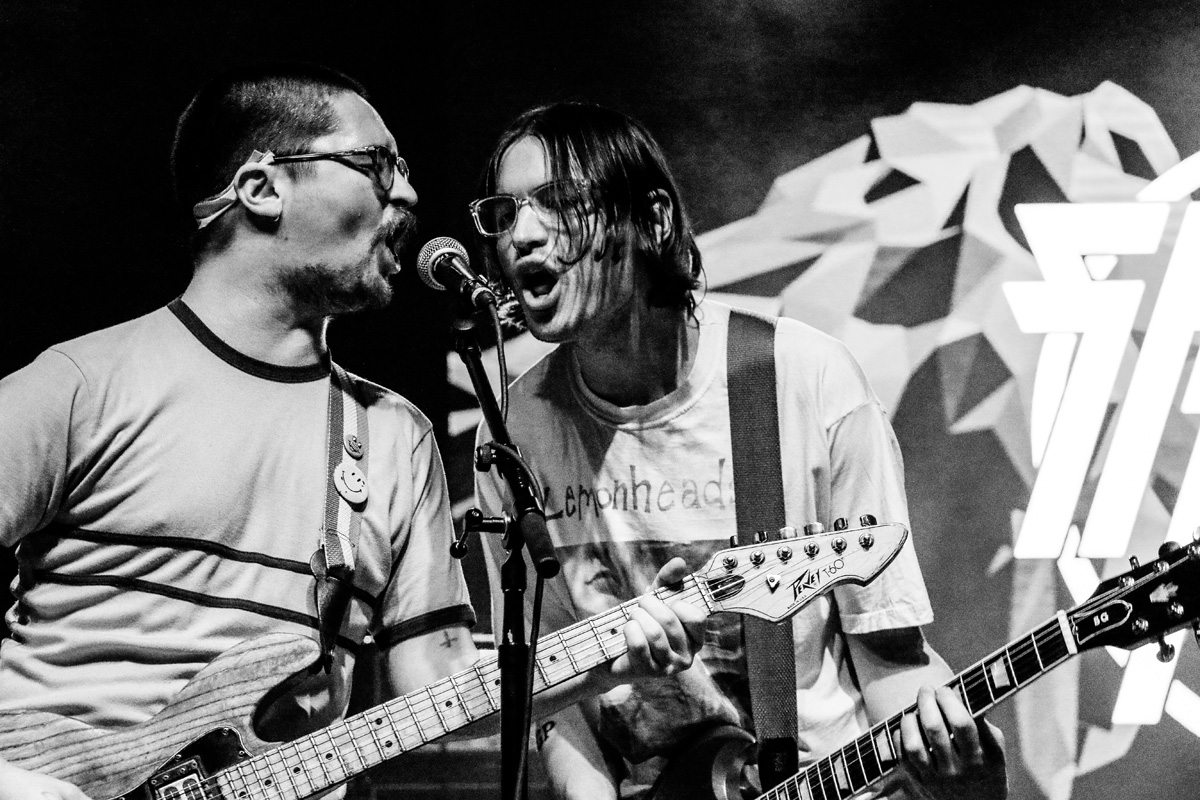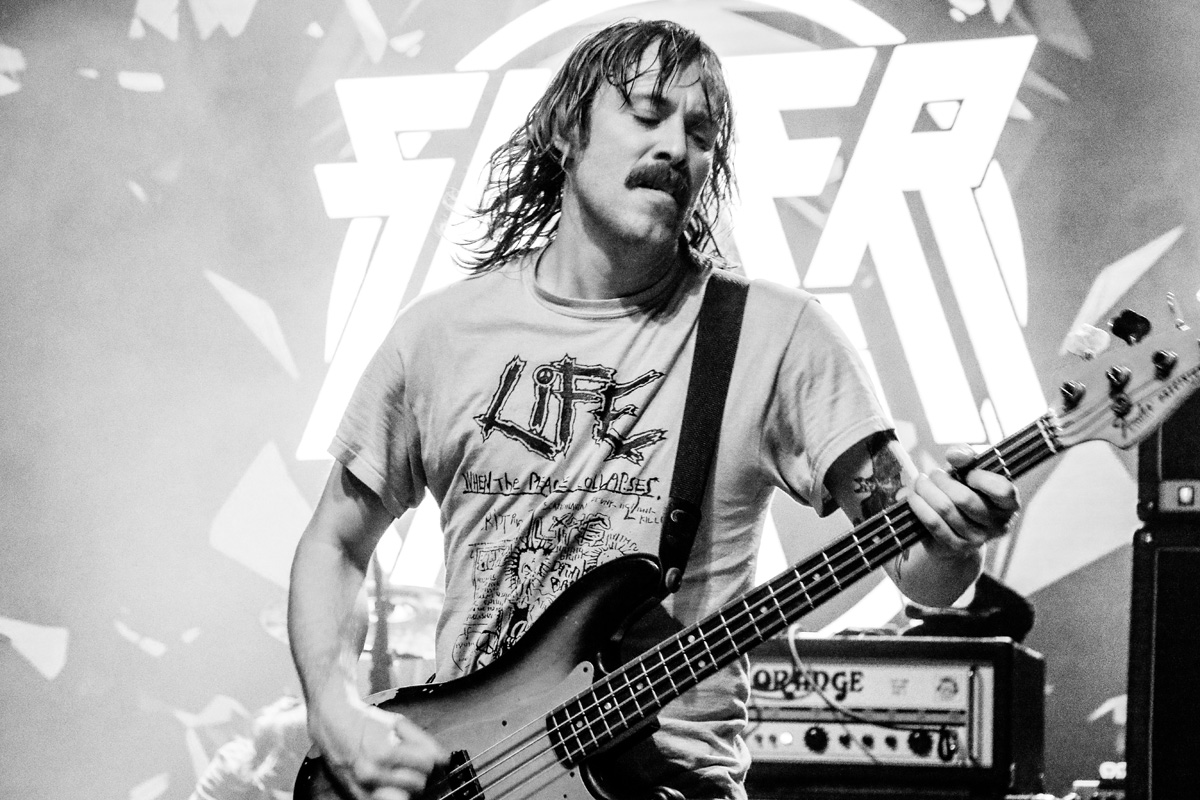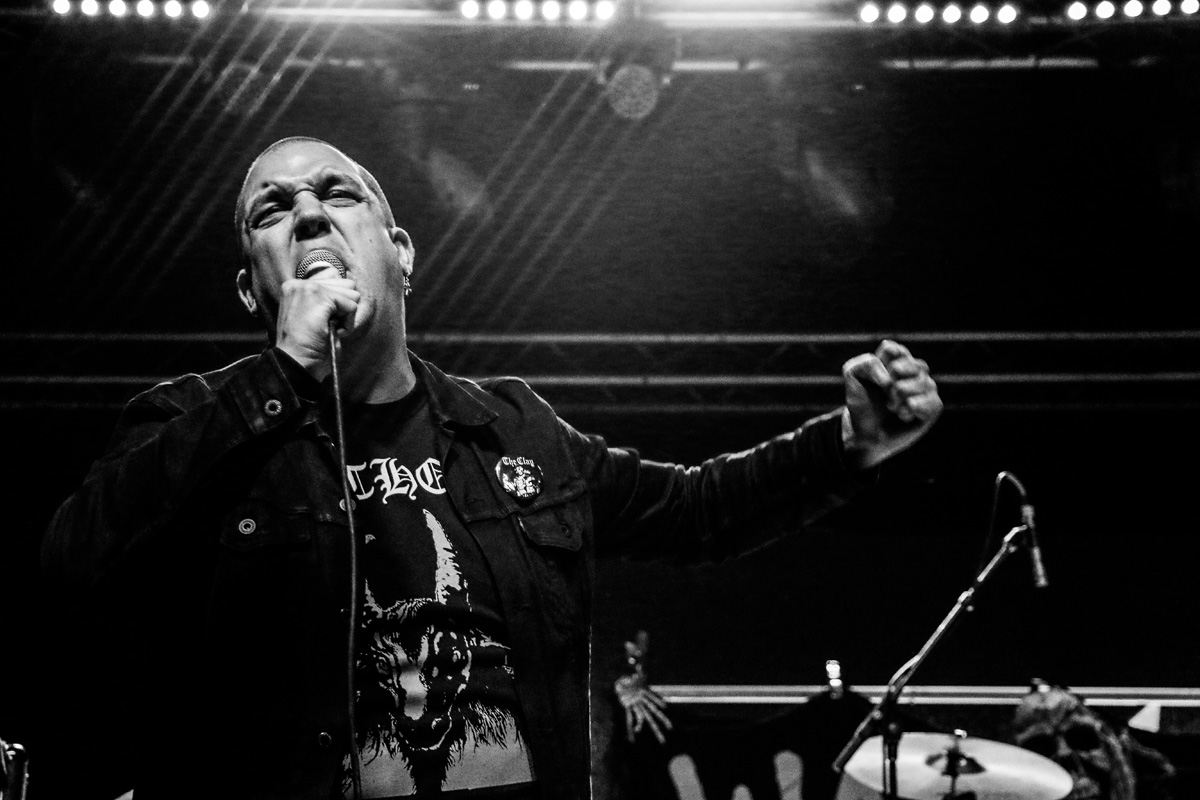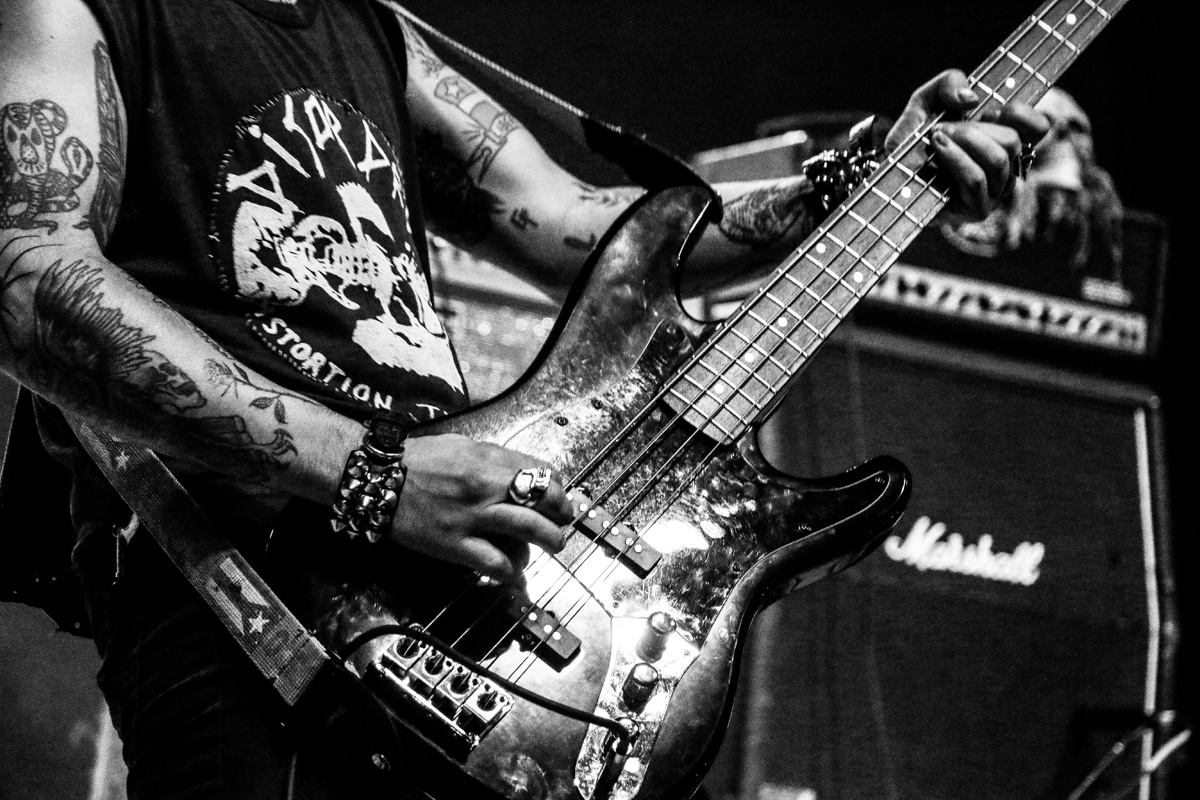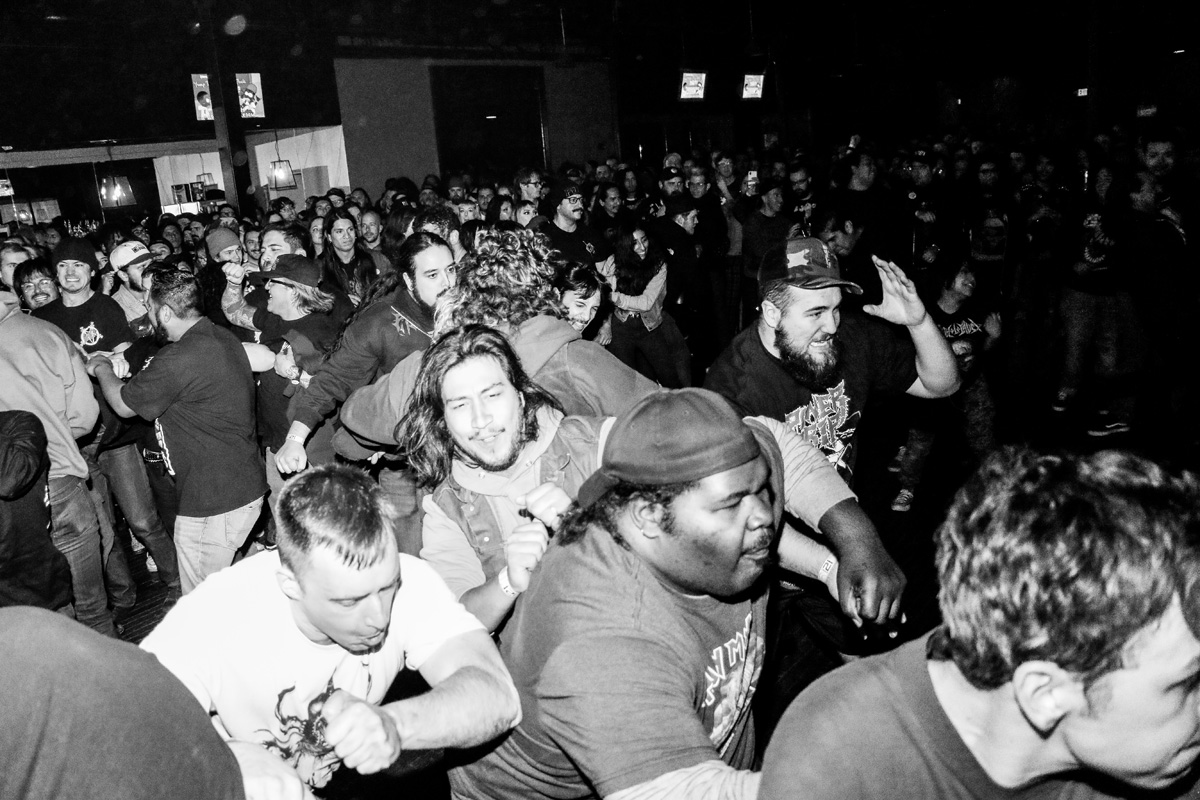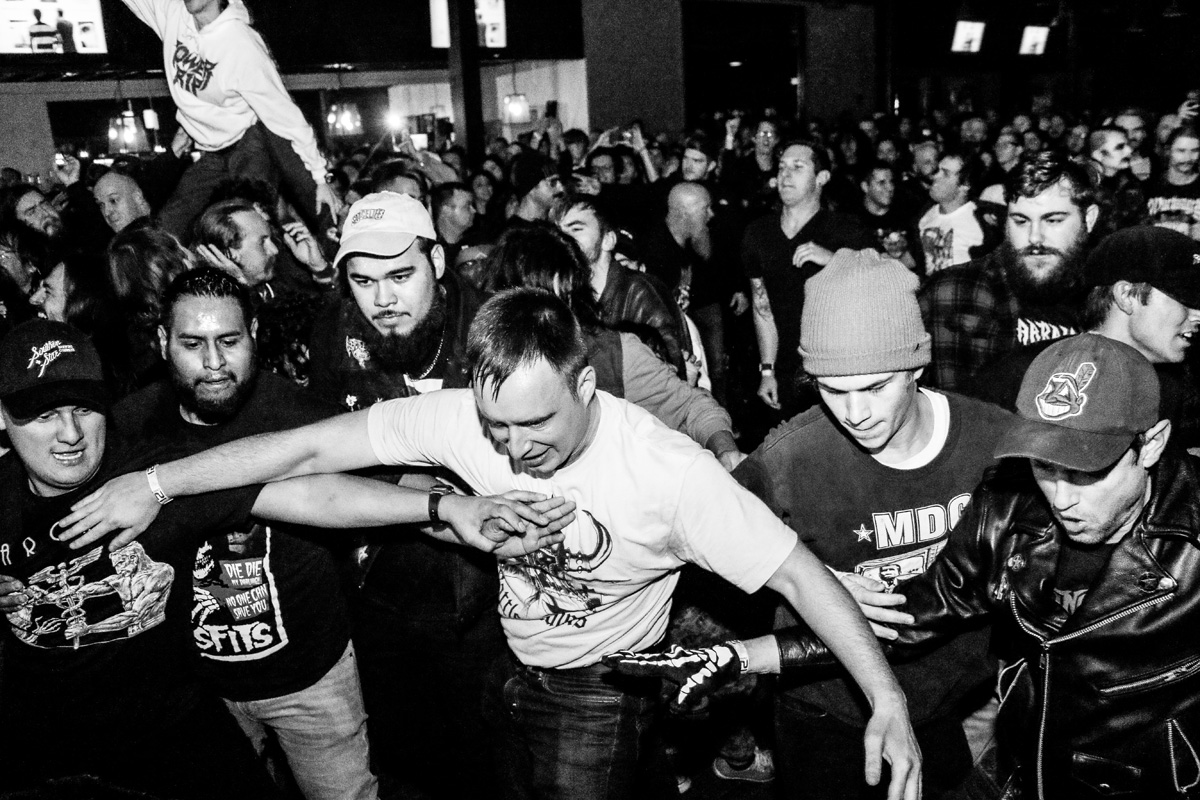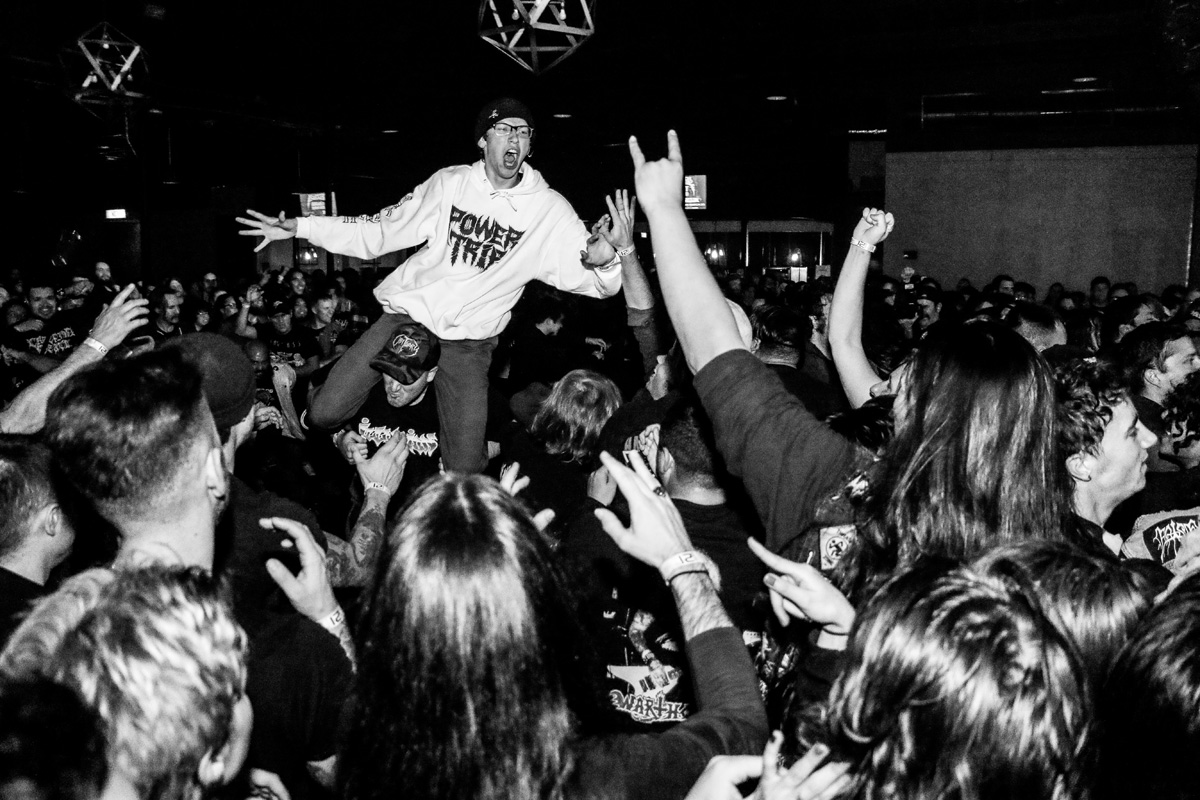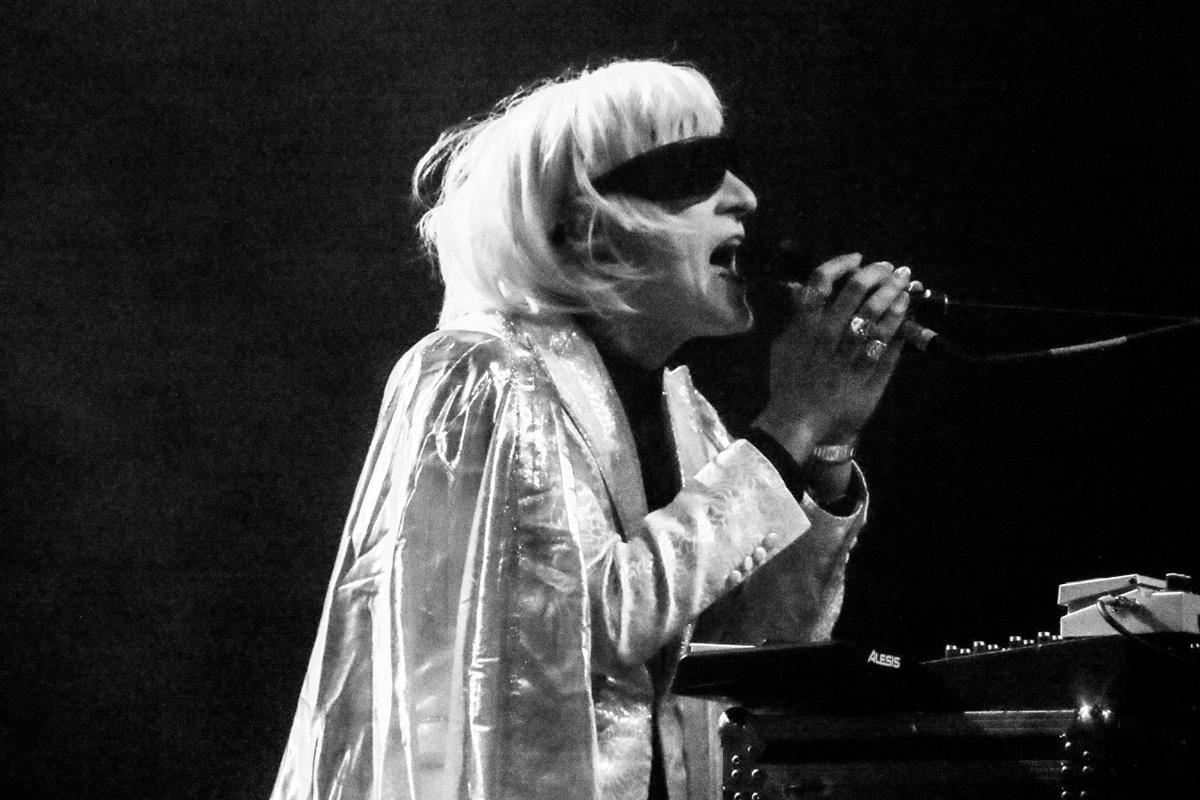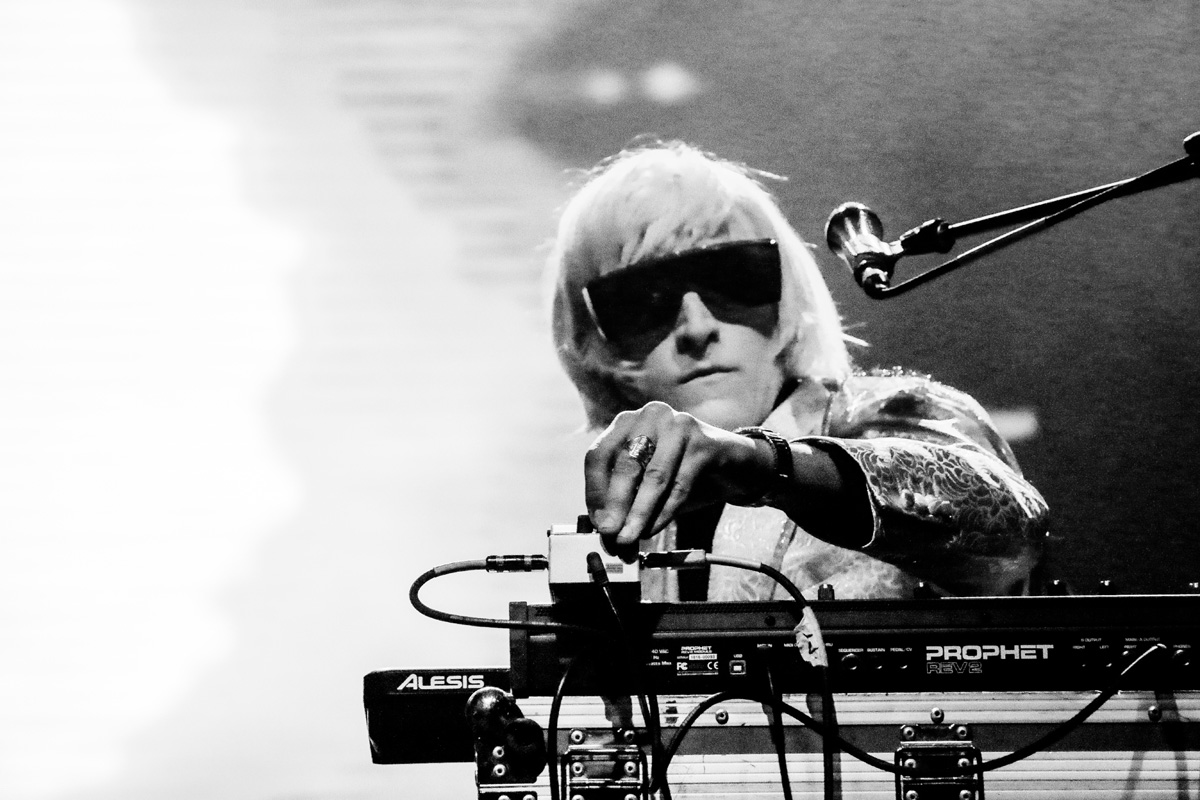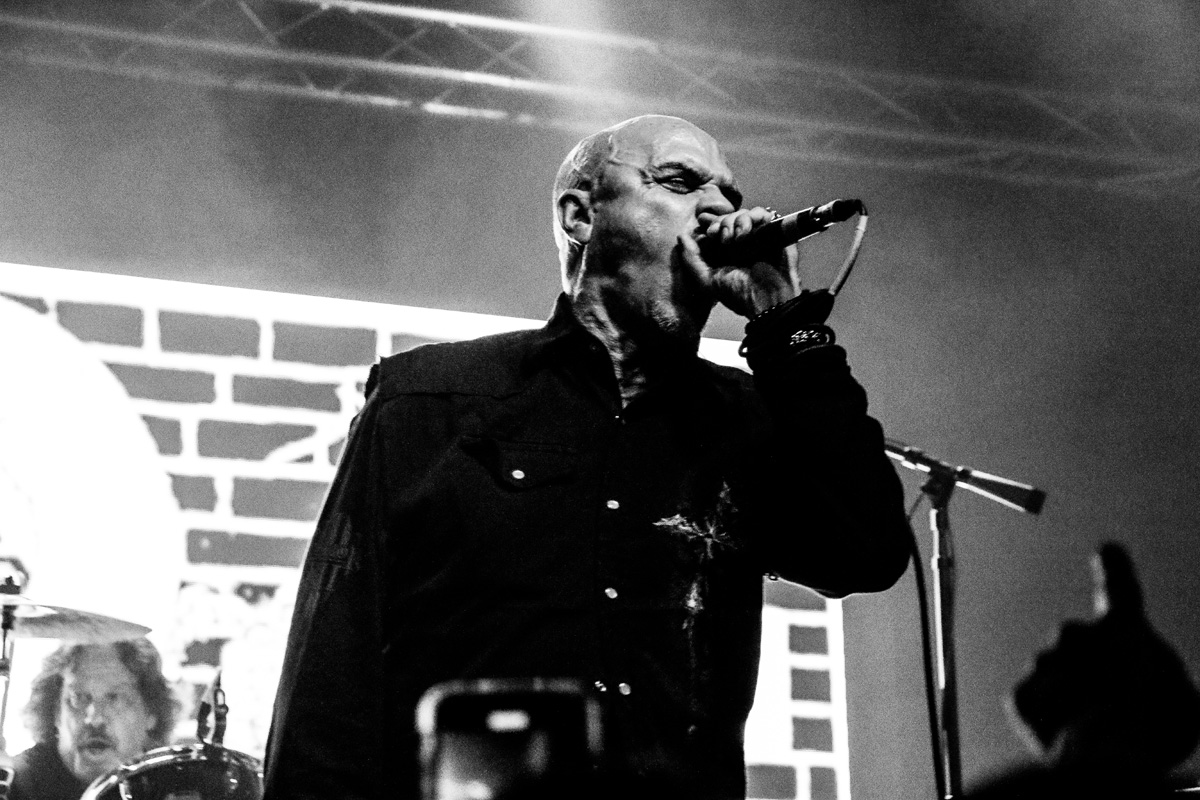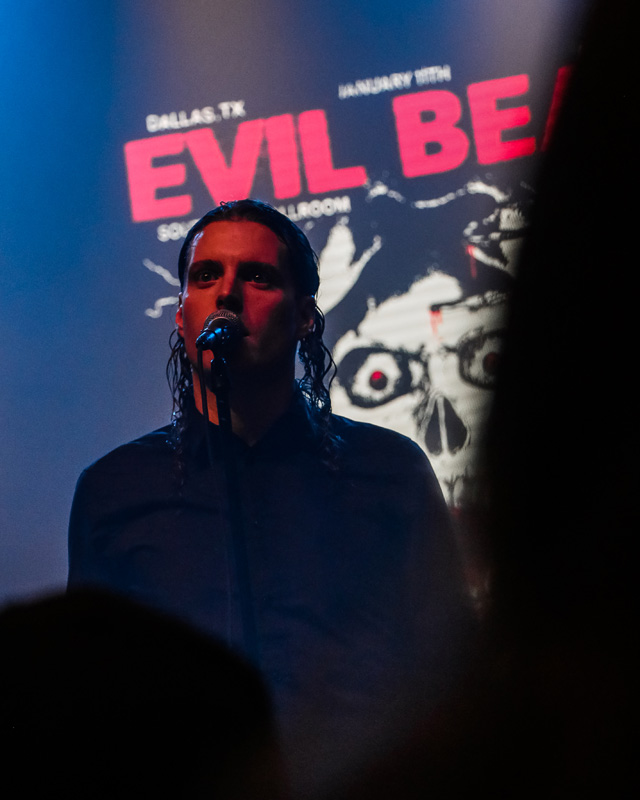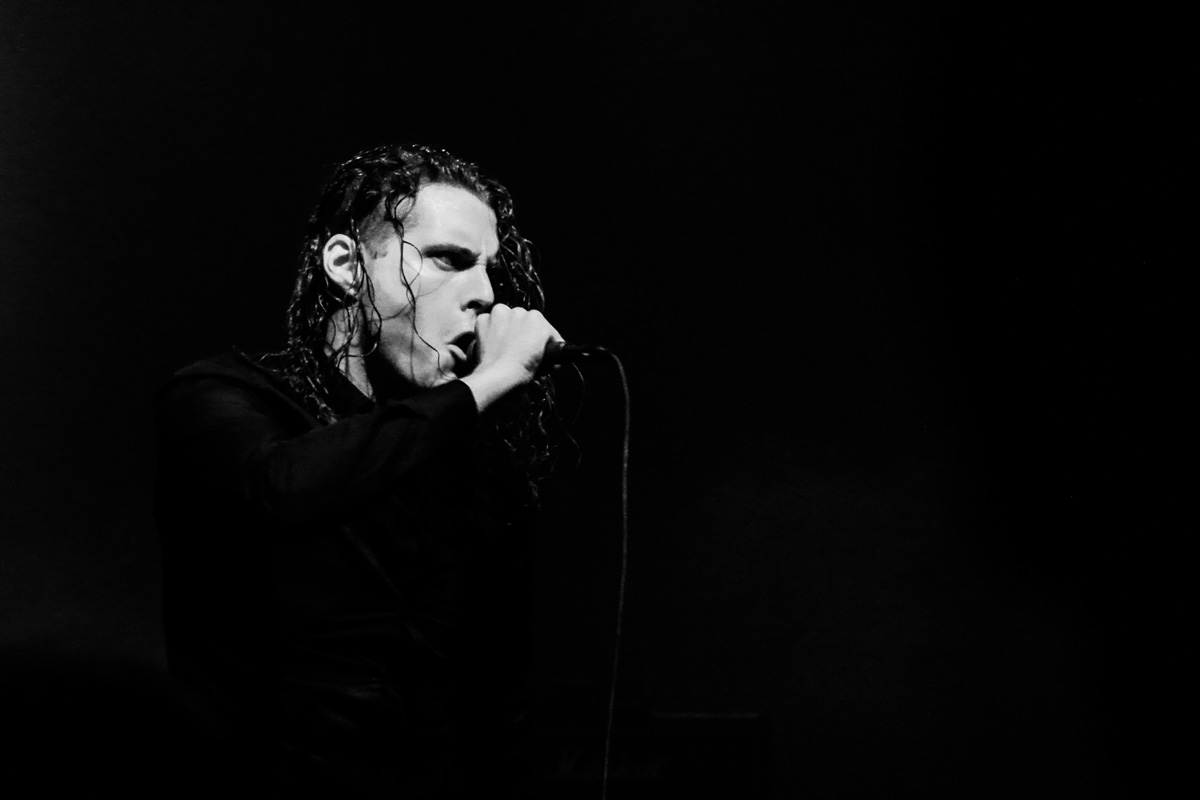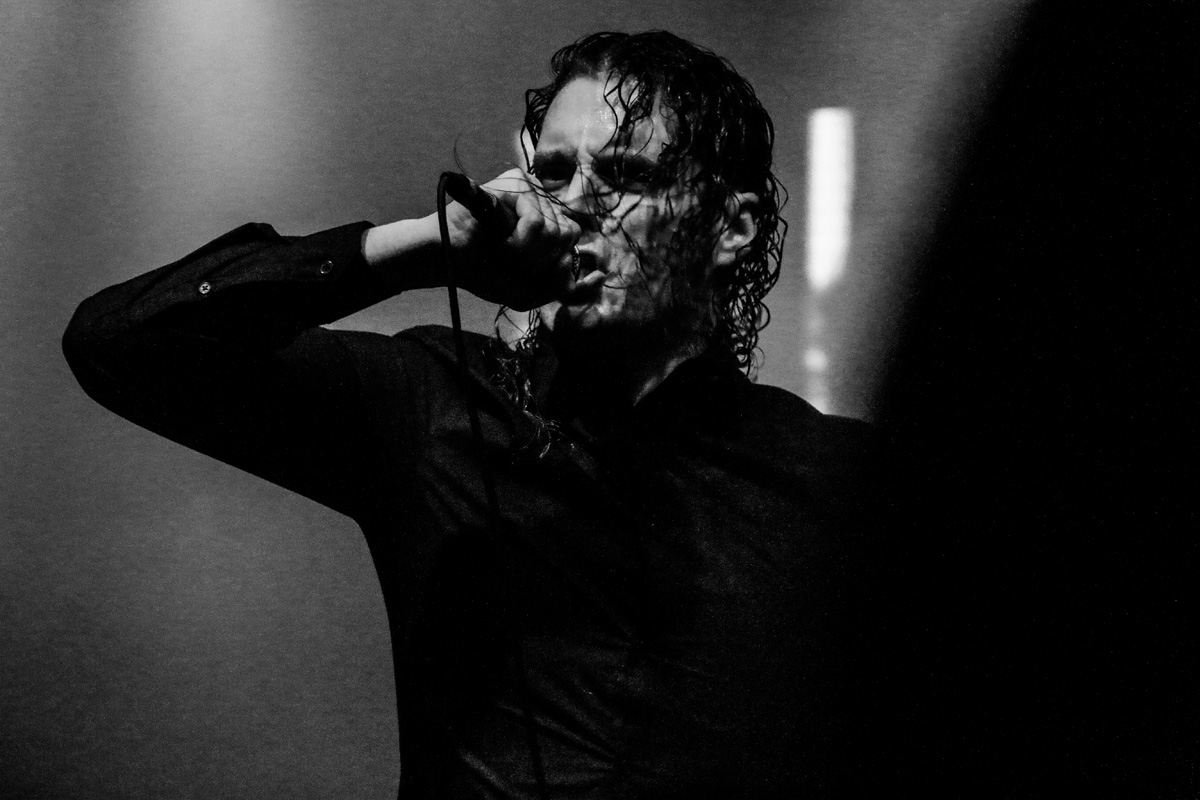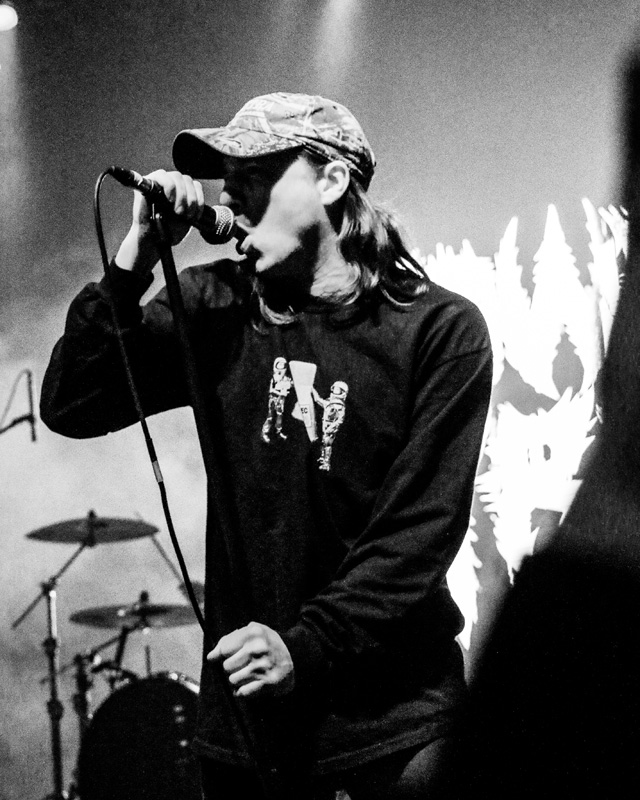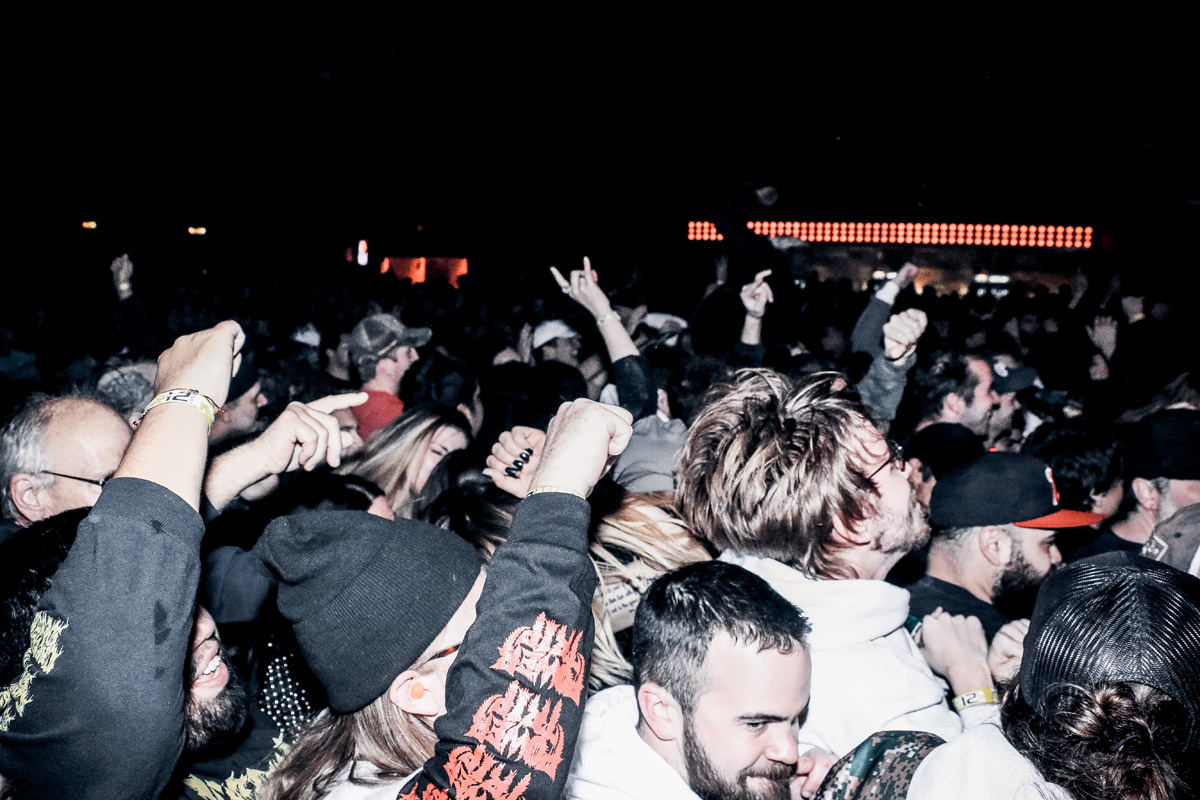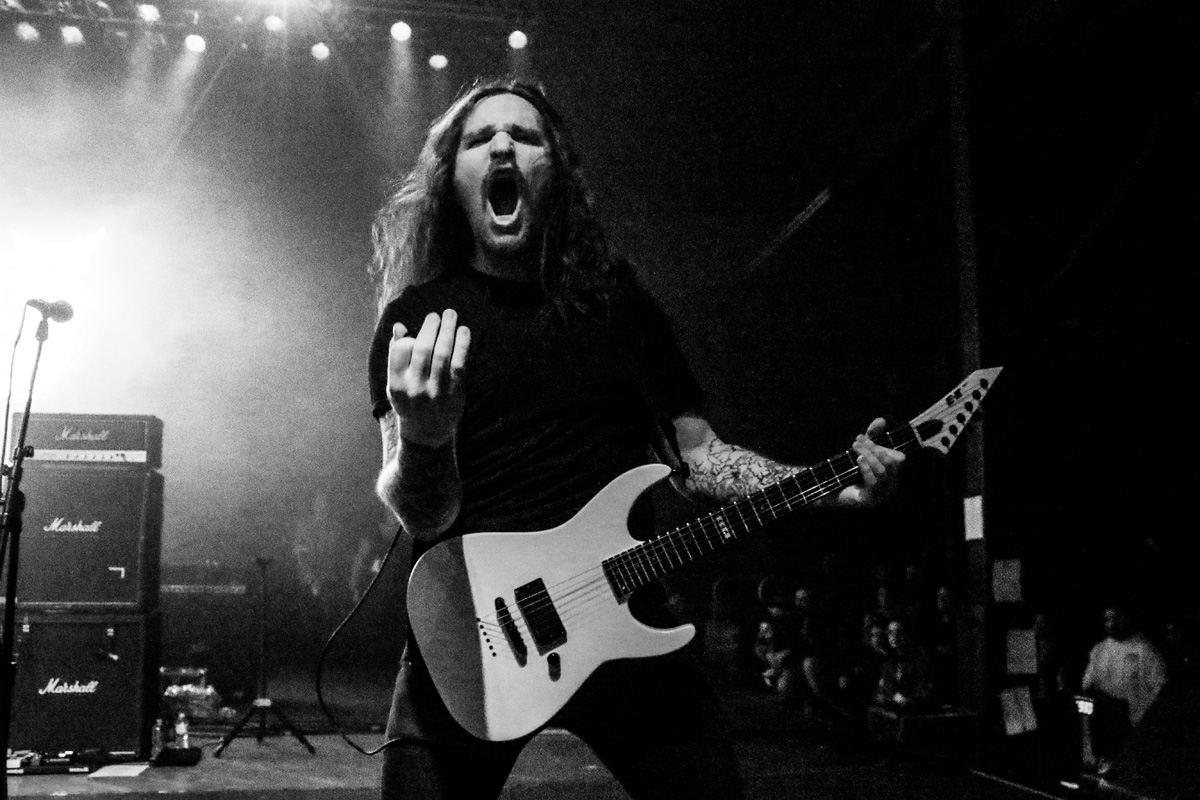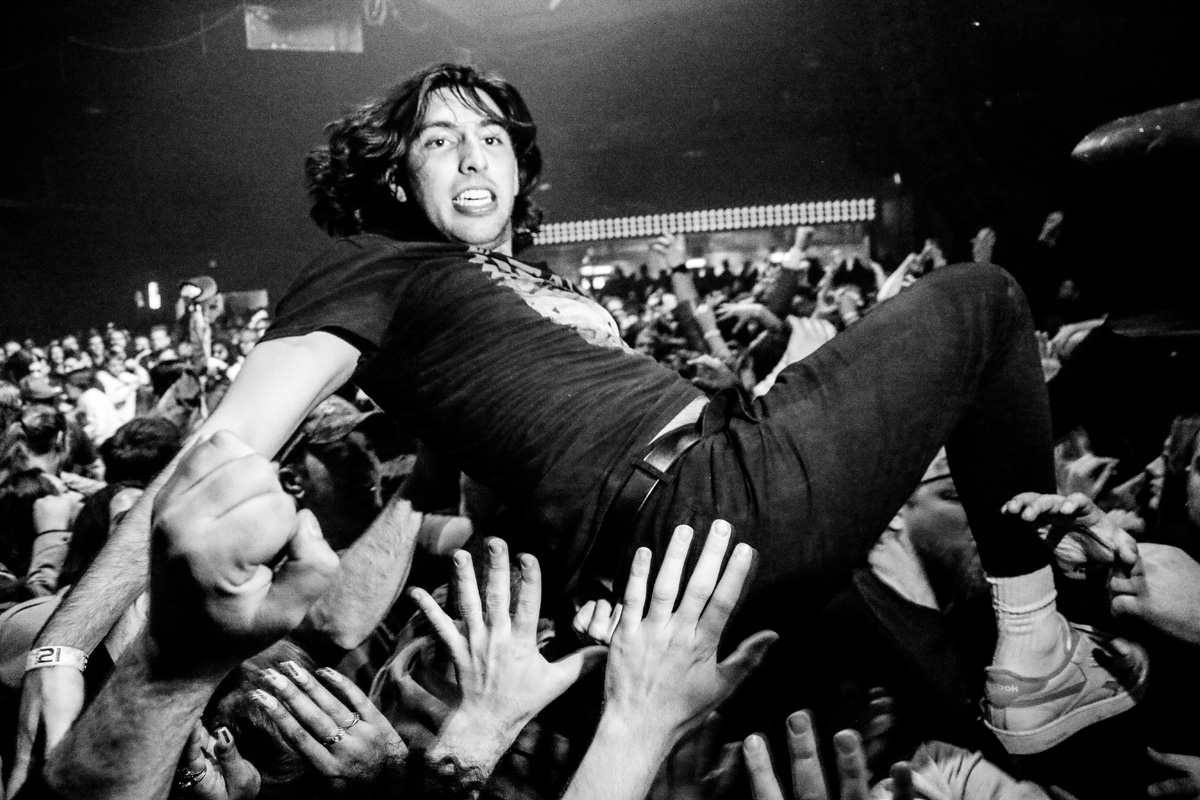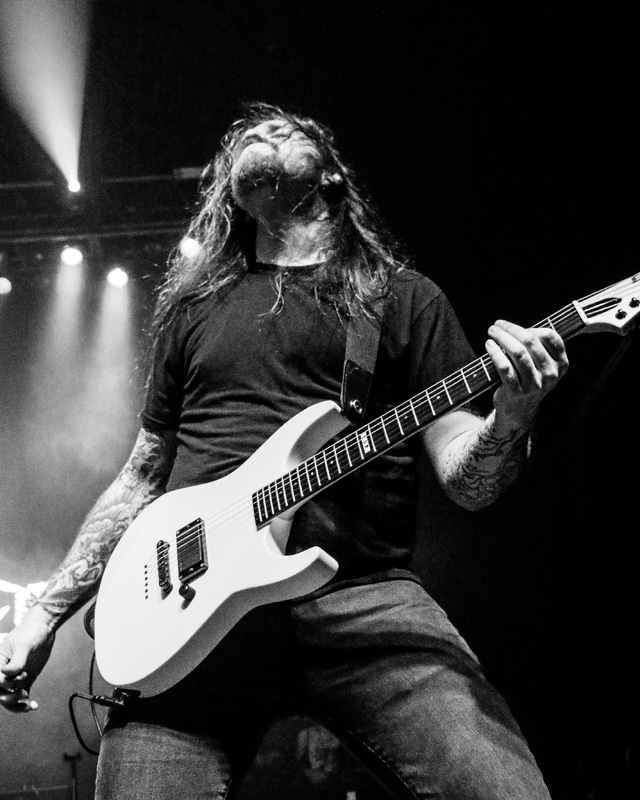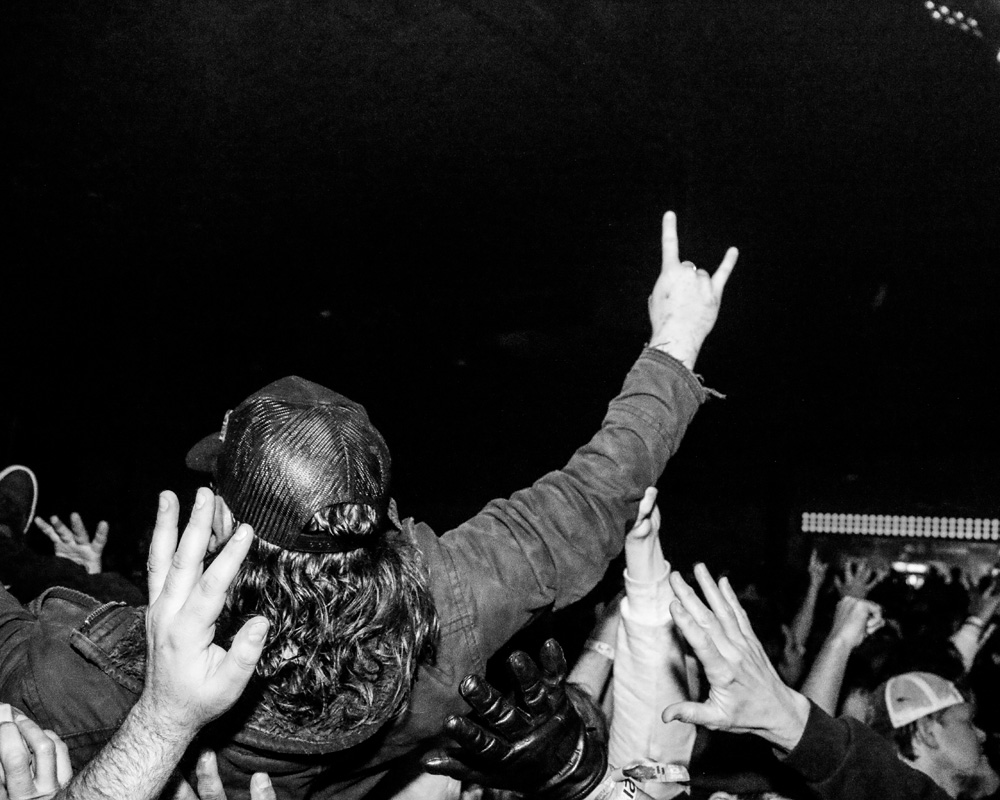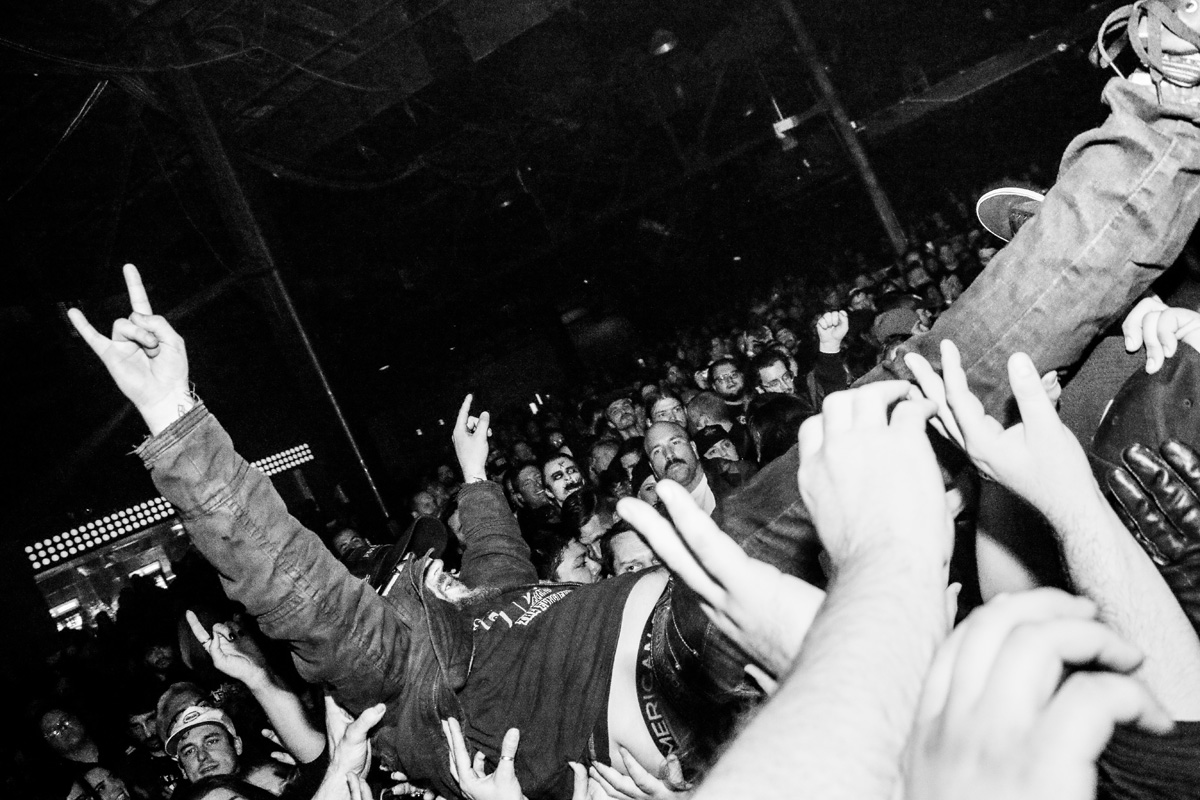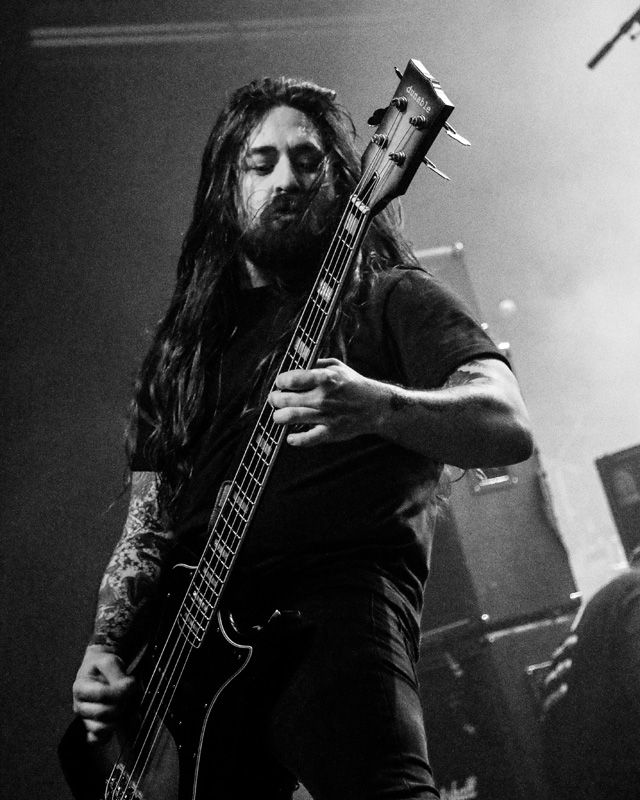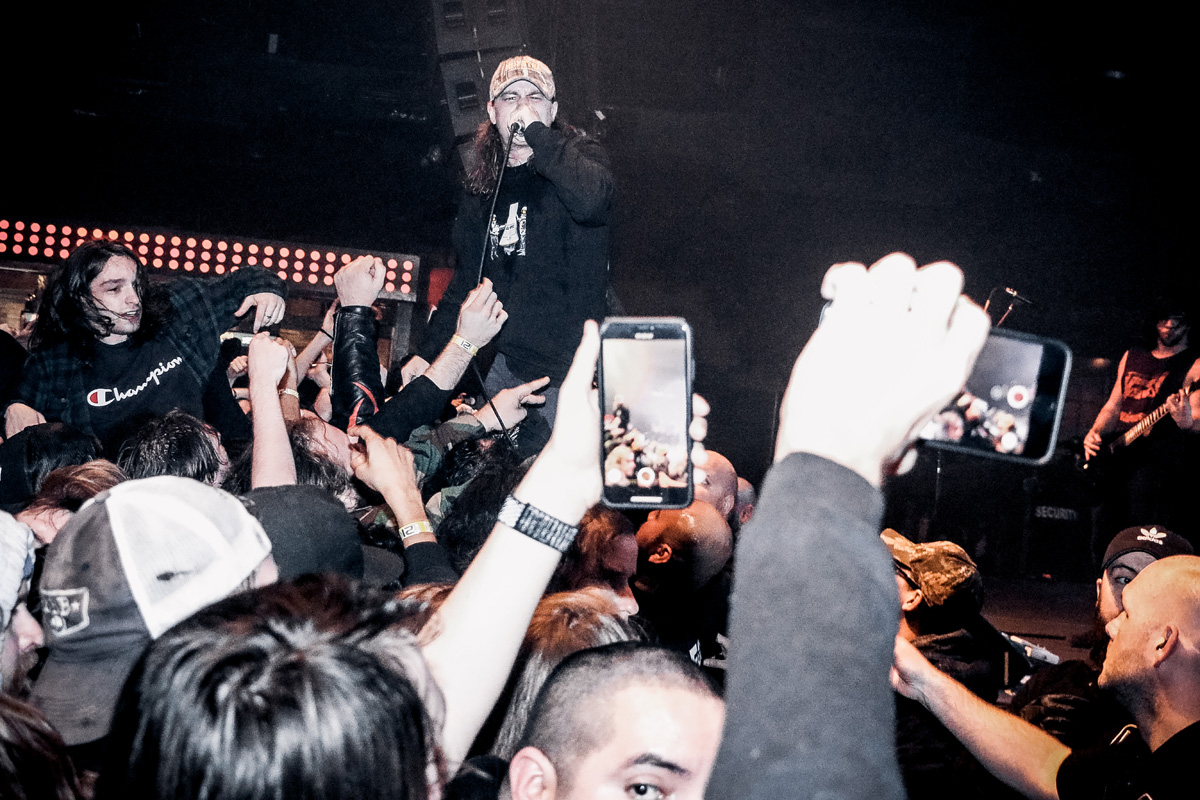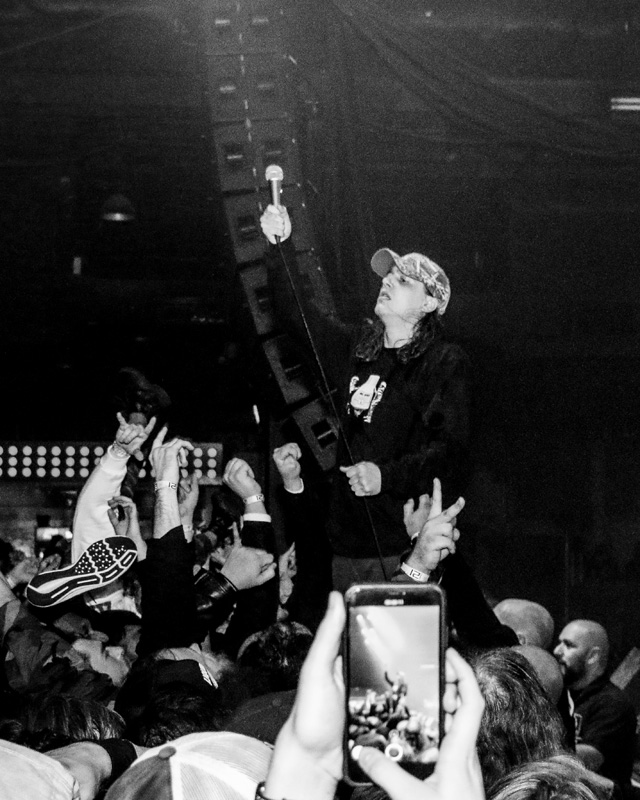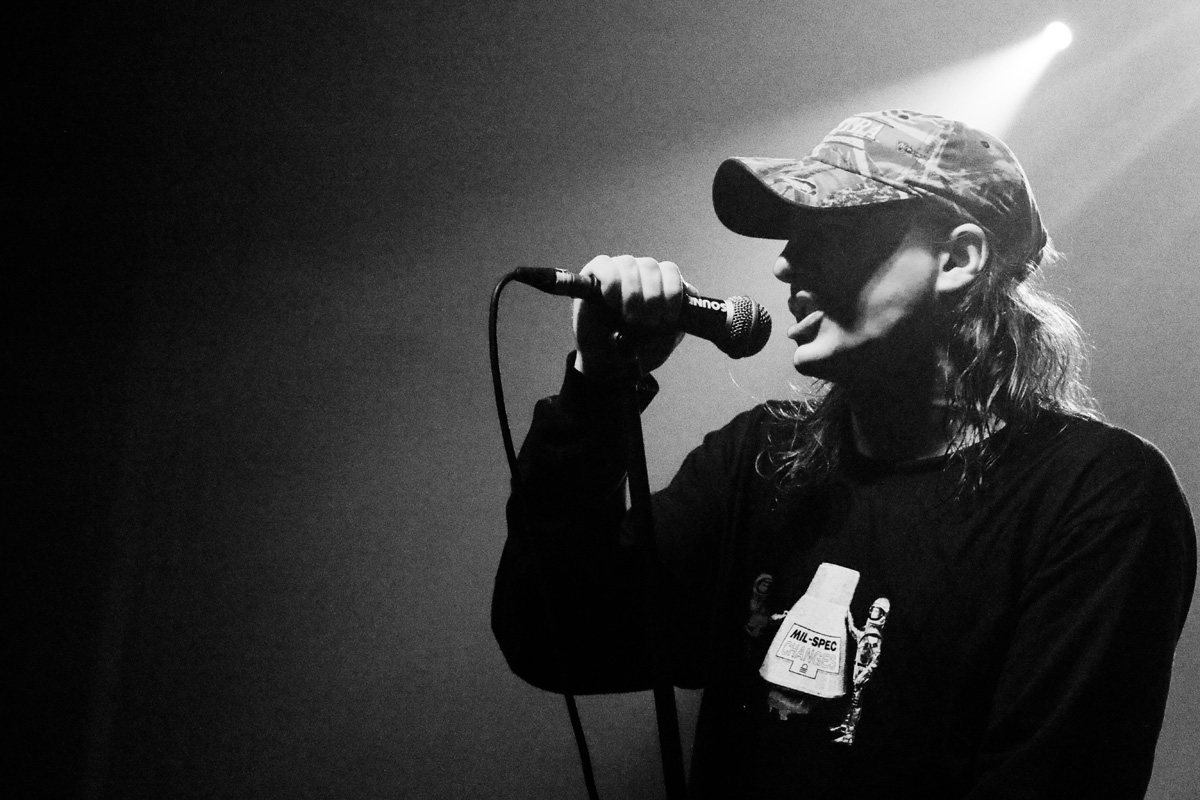Our Crossover-Thrash Hometown Heroes’ Unabashed Dallas Pride At The Second Installment Of Their Evil Beat Showcase Reminded Us Why We Stan.
All photos by Vera Velma.
“I think you know who we are,” said Power Trip vocalist Riley Gale, right before the hometown crossover-thrash heroes churned out one of their latest singles, “Hornet’s Nest,” at the band’s Evil Beat showcase at Southside Ballroom on Saturday.
“You know who we are,” is a lyric from that track, but it’s also a rather obvious statement that would merit a deadpan response of “Yeah, no shit,” if anyone but Gale said it. But since Gale did say it, the only appropriate response was a rapturous cheer and expression of gratitude, as Gale and his bandmates have once again done us proud with the second installment of Evil Beat.
To that point, the local festivals proven to have the most staying power are mostly those which have been curated by those who call North Texas home, and we have a theory as to why that is: See, any rando that tries to organize a music festival faces an uphill battle in proving themselves reputable to a disenchanted market, and this can only be achieved by establishing a distinctive brand for the festival that doesn’t rely on the strength of aimless headliners. This has been one of the most fatal shortcomings of every festival that couldn’t make it past year one.
What showcases like Evil Beat and Posty Fest get right, is an established brand universally understood from the beginning. Post Malone doesn’t have to focus on crafting a brand for Posty Fest, because Post Malone is the brand. In that same vein, Power Trip is the brand behind Evil Beat.
Another factor to consider is that while Power Trip had what seems like unilateral creative control over Evil Beat’s programming, the band members were, for the most part, not actually organizing it behind-the-scenes. Power Trip’s talent agent coordinated with Live Nation on this, so in addition to having the foundation of a fully-realized identity, Evil Beat was also coordinated by industry veterans who were able to ensure that the festival’s logistics ran smoothly.
In the case of Evil beat, Live Nation did far more than just ensure things ran smoothly. In fact, the programming at South Side Music Hall on Saturday actually ran ahead of schedule. The only noticeable hiccup on this end was Carcass taking the stage 5-10 minutes late for its headlining set, and from where we were standing, there didn’t seem to be any other manifestation of Murphy’s Law.
And as far as the incremental progress made on a festival’s second year is concerned, the lineup was simply perfect.
There was a refreshing contrast between Pitchfork darlings like Deafheaven and Sheer Mag, and niche heritage acts like Razor and Vio-Lence. No promoter with a profit motive would even give the latter two bands a second thought, but as Razor guitarist Dave Carlo told the packed crowd at South Side Music Hall, Power Trip was incredibly adamant about getting the Canadian thrash dinosaurs on the bill.
Perhaps the most shocking addition to the lineup was Wisconsin noise artist Prurient, whose set was profoundly abrasive and tinnitus-inducing, even by Power Trip standards. What started as Whitehouse-esque power electronics soon evolved into something so sonically intricate that one of Dominick Fernow’s bandmates — Arthur Rizk, Power Trip’s producer and, per Gale, the Dallas band’s “riff extraordinaire” — played these neofolk melodies on an amplified acoustic guitar. This delicate moment was immediately shattered, then, once Rizk banged a gong and thrashed it around on the stage while beating it as if the mallet was a nightstick.
For those who weren’t as partial to this sort of unbridled aggression, Philadelphia punk band Sheer Mag’s overlapping set was a refreshing tonic. It catered more to nostalgic sensibilities, between Thin Lizzy-inspired guitar riffs and ‘80s power-pop song structures. On the song “Fan the Flames,” vocalist Christina Halladay even sang in a high-octave range that sounded strangely like the Jackson 5.
Meanwhile, New York hardcore band Warthog played to a nearly-at-capacity crowd at the South Side Music Hall stage and clearly won over some new converts with its Cro-Mags-quality hardcore punk.
The South Side Ballroom stage got even more packed as Los Angeles post-punk/dark-wave duo Drab Majesty (which plays Dallas so much that it might as well be a local band at this point) played what was easily the most insipid set of the night. As someone who has seen them several times, it’s well within bounds to say the duo loses its luster quickly, and there was an inexplicable sense of complacency that the band exuded as it performed.
Once that snoozer of a set ended, there were only three acts on the South Side Ballroom stage remaining, and one of the most notable of these three, Deafheaven, actually showcased astonishing progress from its Sunbather LP days. Before closing the set with the album’s opener “Dream House,” vocalist George Clarke and Co. satiated the demands of black metal purists with cuts from both succeeding albums, New Bermuda and Ordinary Corrupt Human Love. While Clarke’s throat-shredding screams have historically mirrored screamo bands more than black metal ones, his vocal style actually adhered more to Immortal orthodoxy than anticipated.
As Deafheaven exited the stage, and once Vio-Lence wrapped up the final set on the adjacent room’s bill, the audience turnout reached its peak once the heroes of the night took the stage at 9:15. As the main attraction, this was Power Trip’s big night. You wouldn’t have known such based purely on Gale’s humble demeanor. The Power Trip vocalist even went as far as to say the band wouldn’t exist without Razor, Vio-Lence and Carcass. As such, Gale thanked them for “Taking a chance,” on his band toward the end of the 50-minute set.
As Power Trip closed its set and walked off the stage to Andrew Gold’s “Thank You for Being a Friend,” it was difficult to not feel at least a sliver of pride in just how well Dallas was represented. While lesser artists often forget where they came from once they’re launched into the stratosphere, Power Trip went as far as to remind us of where they came from.

